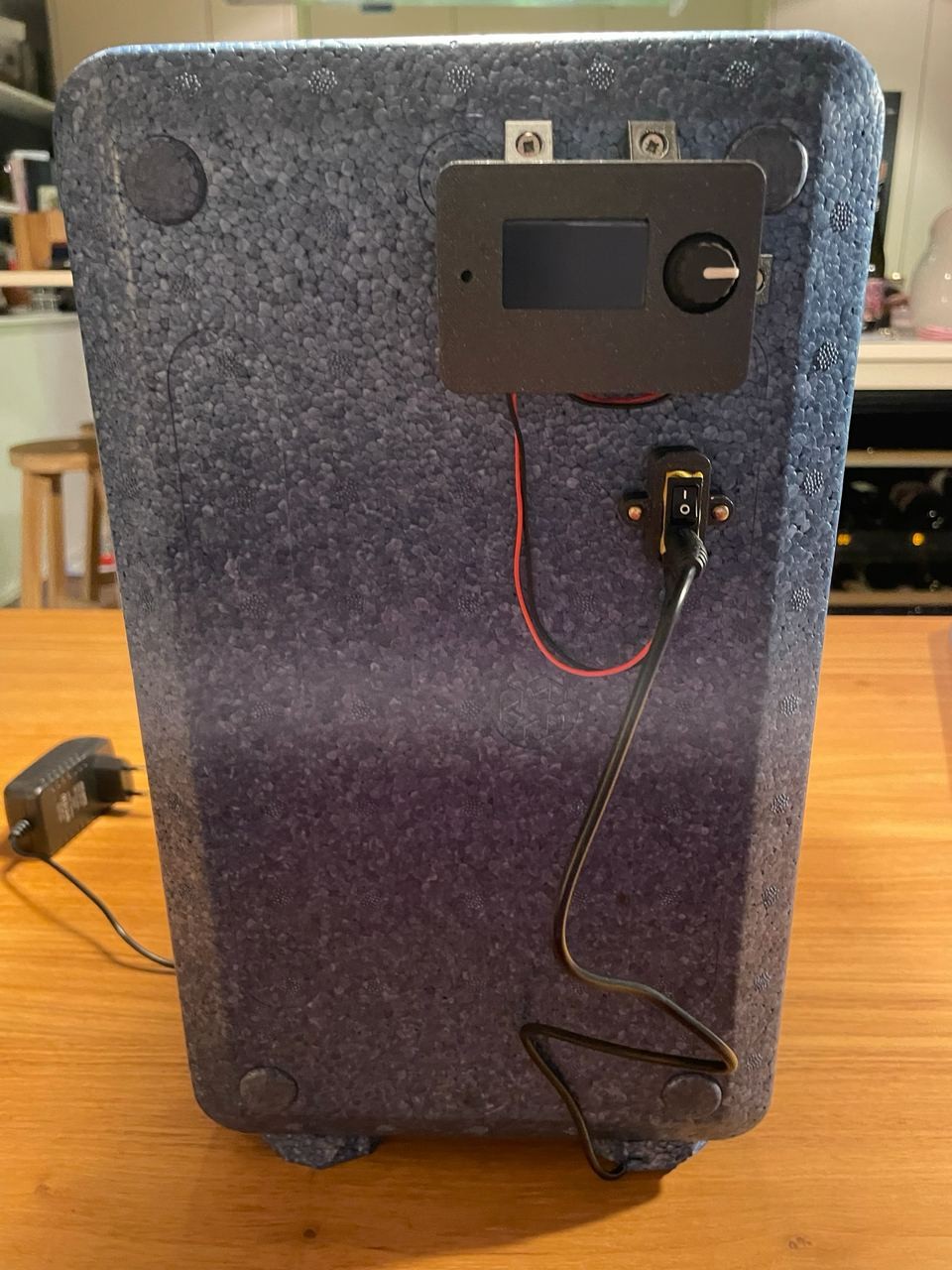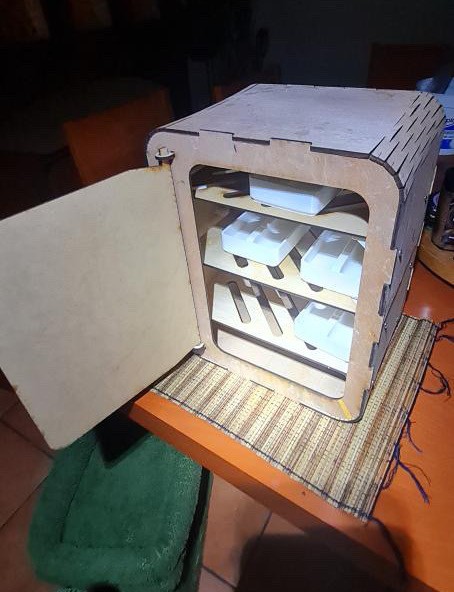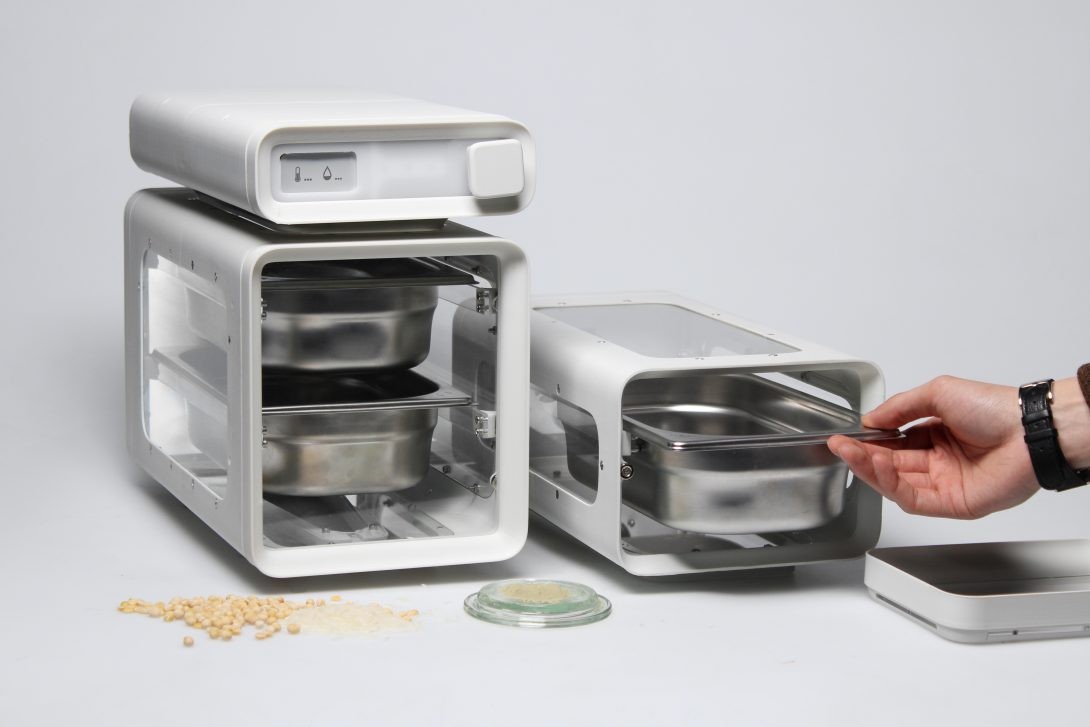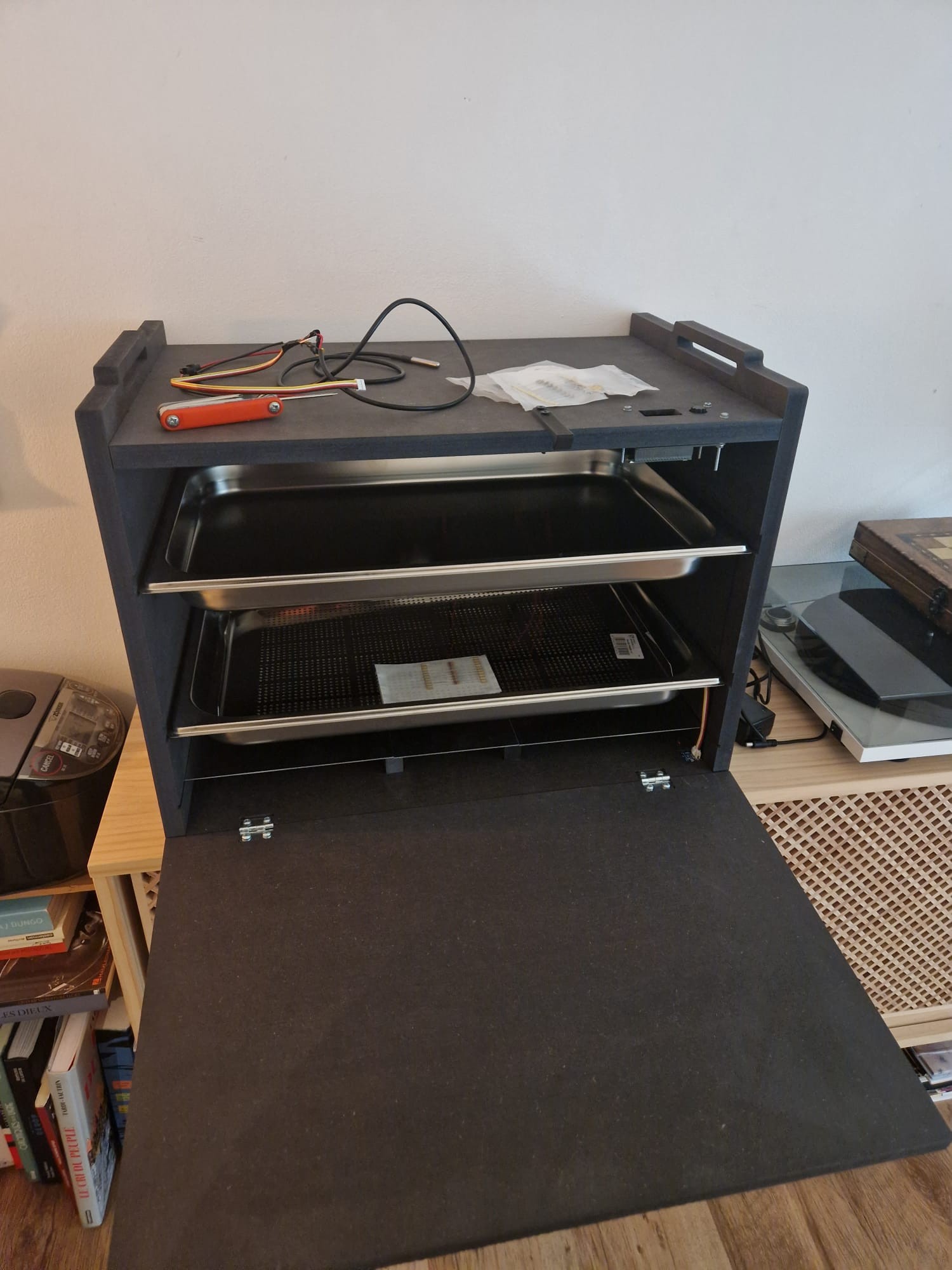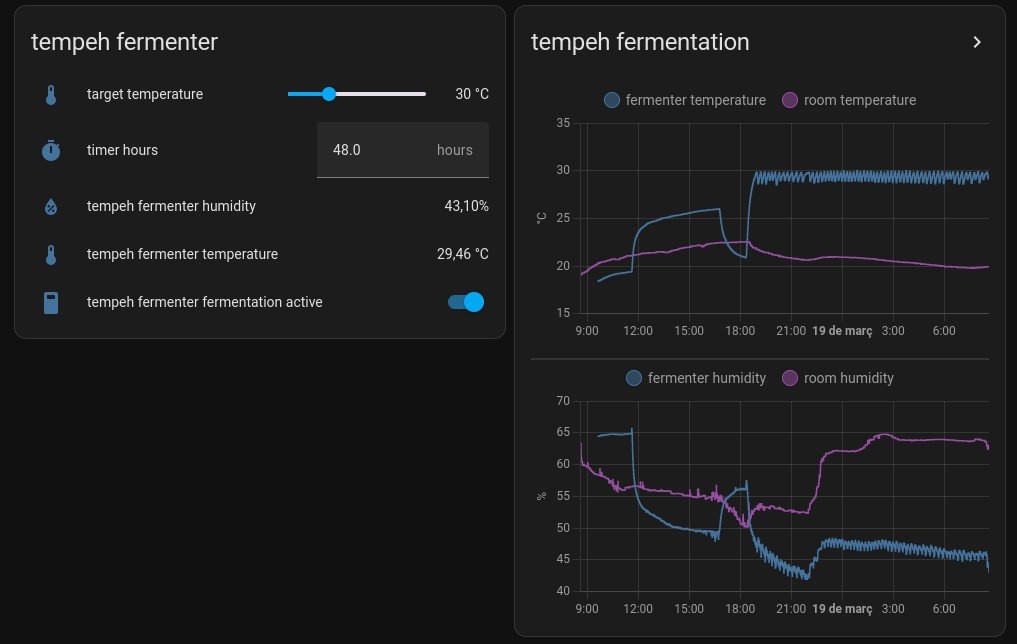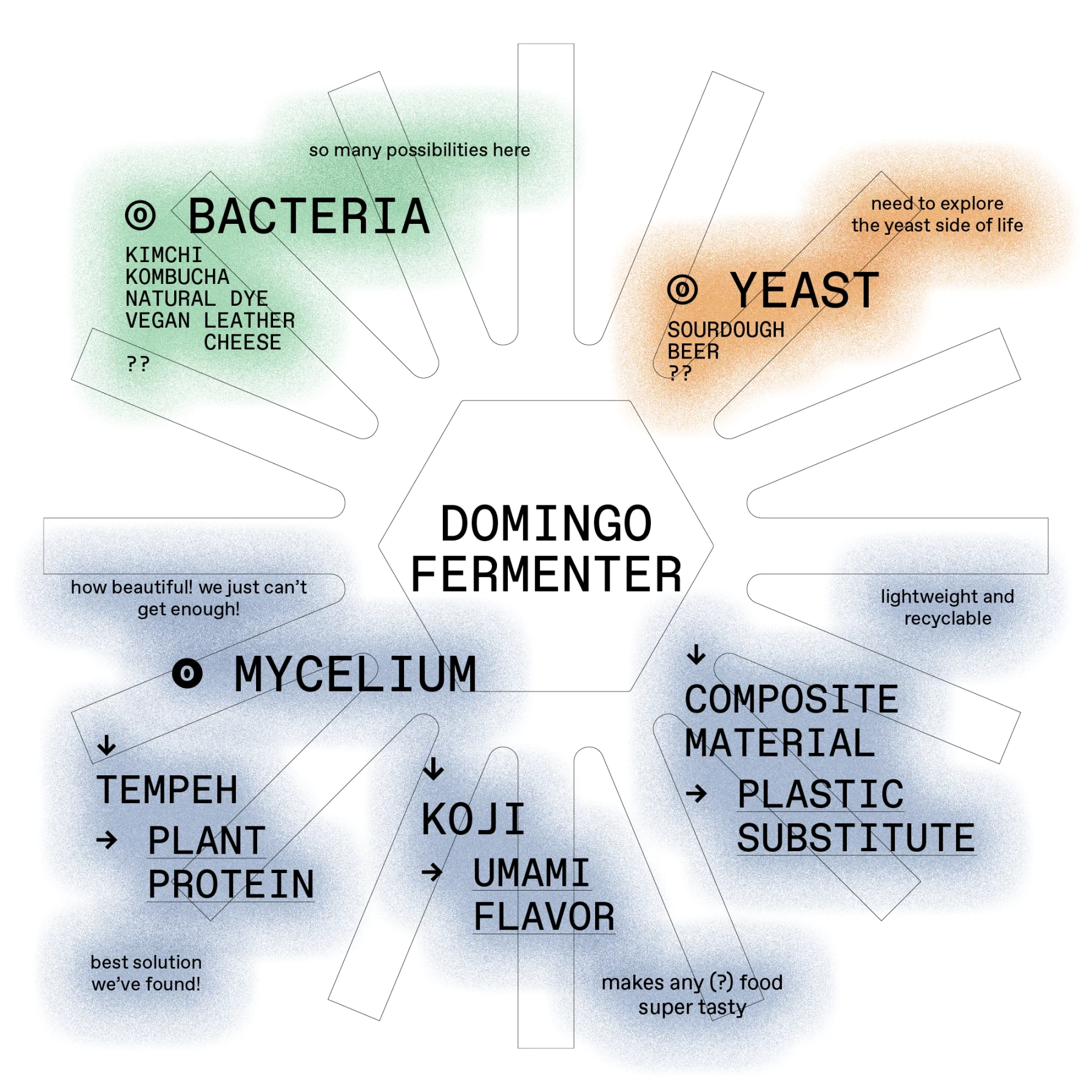Domingo Fermenter Lab
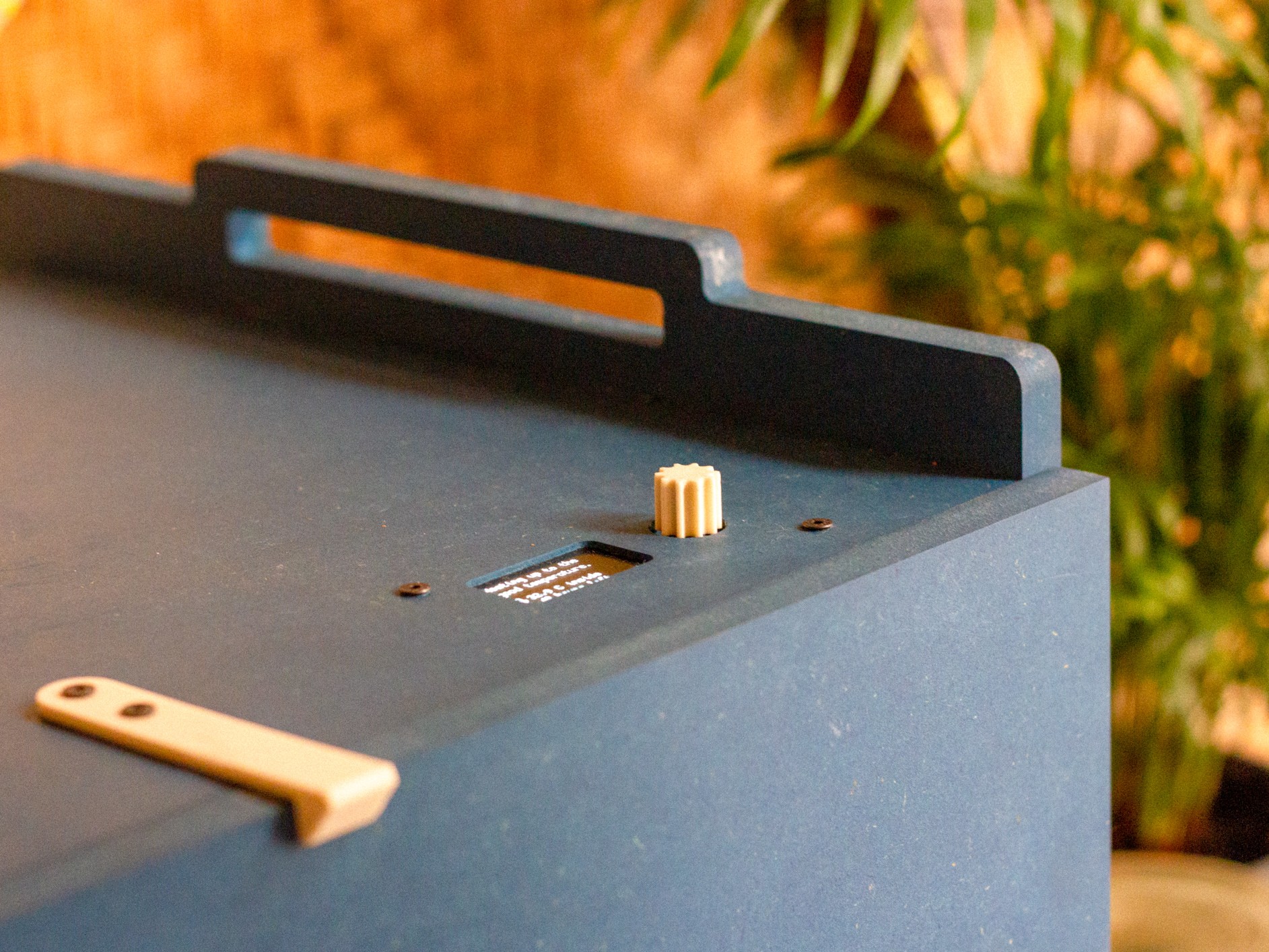
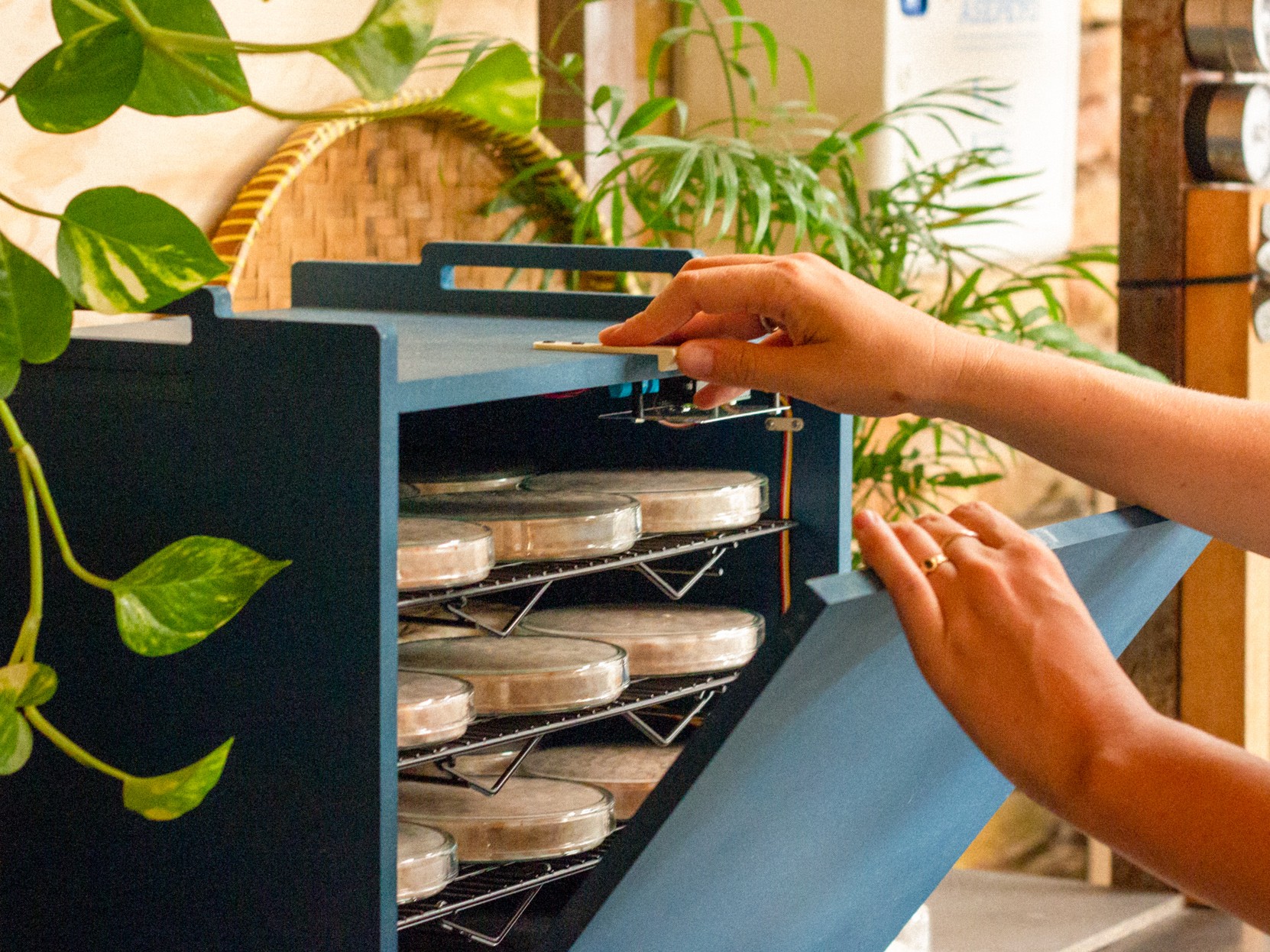
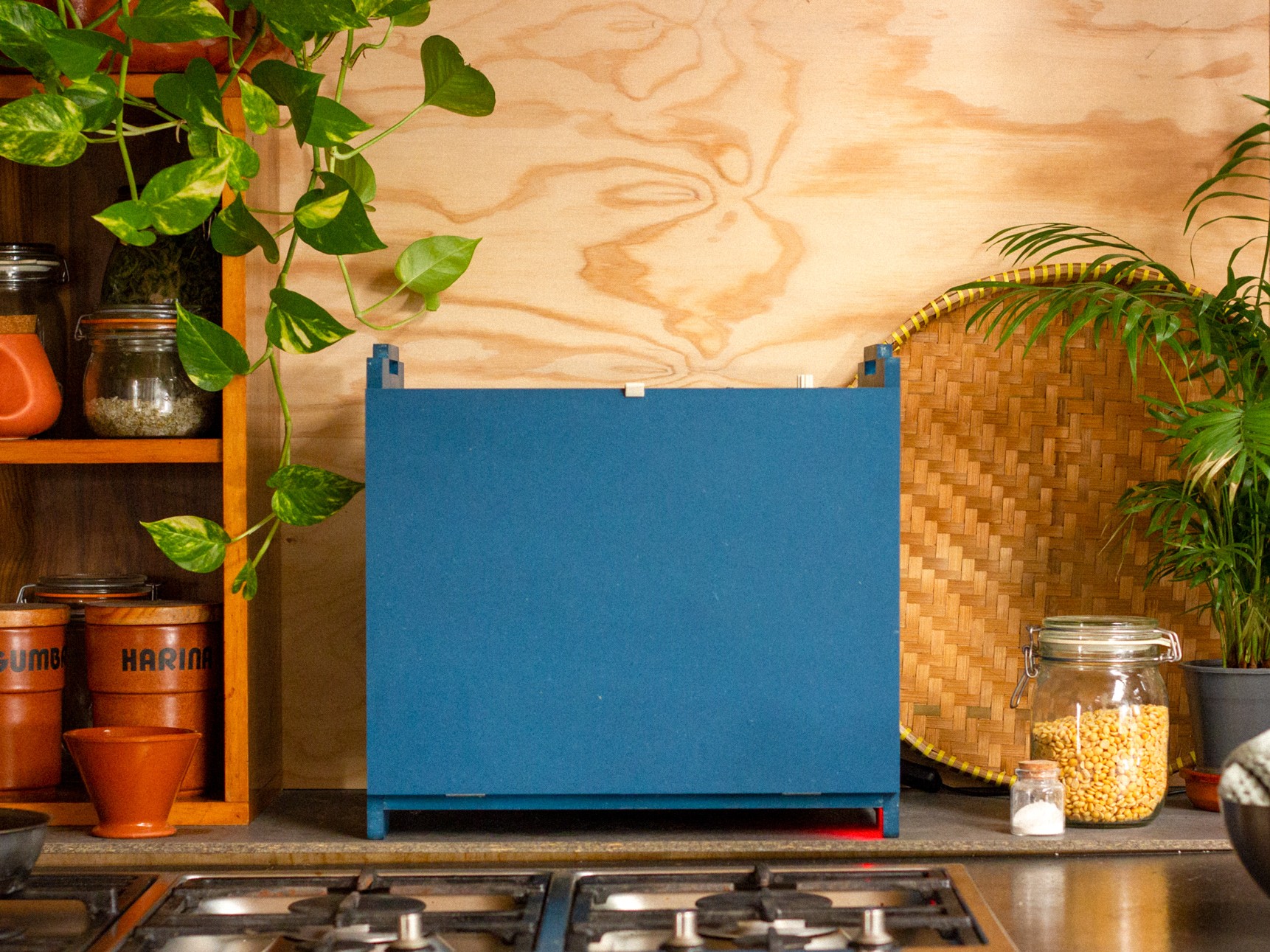
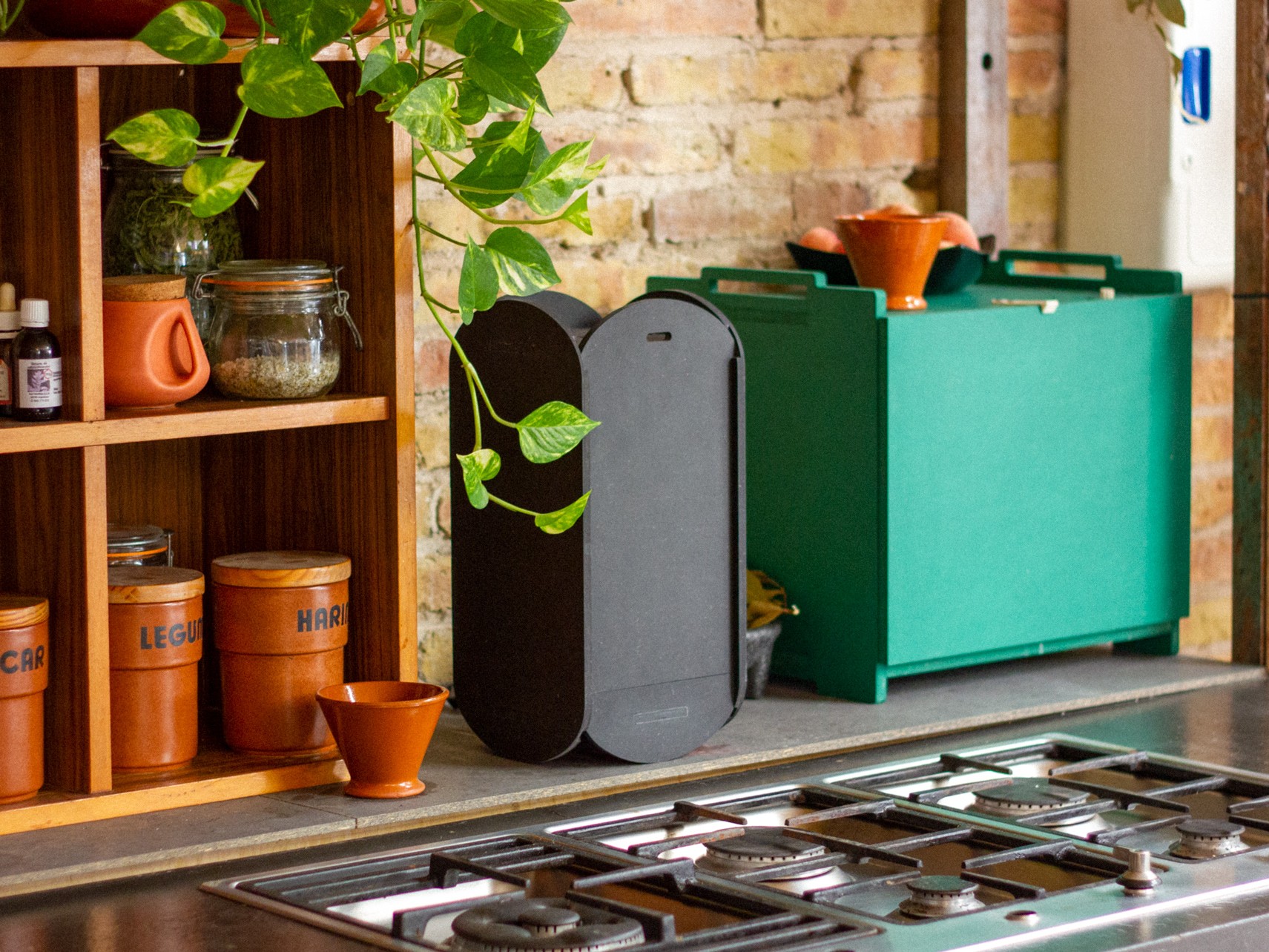
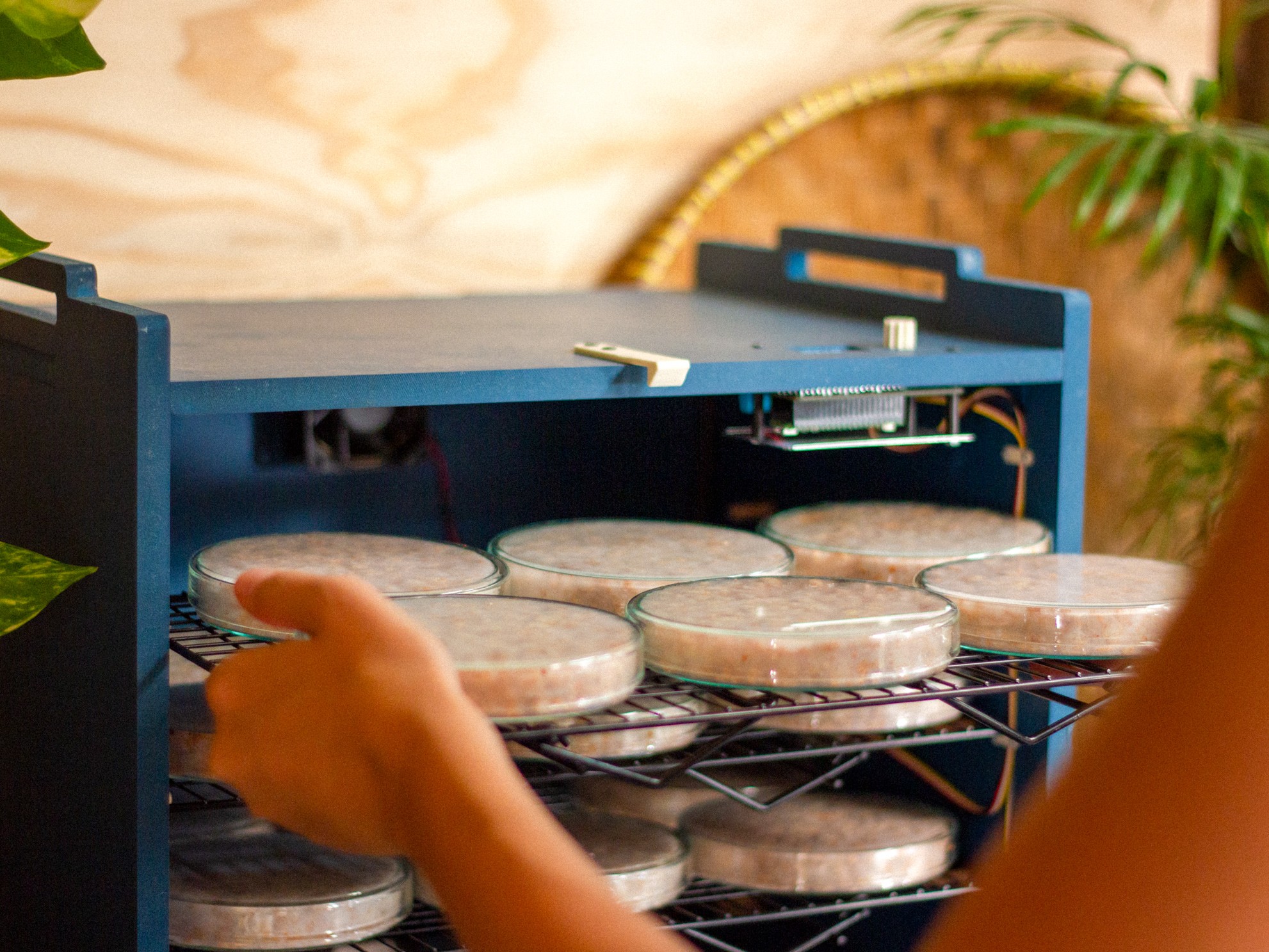

We have designated the Fermenter Lab as a curiosity box, a resource for all kitchen scientists. We see it as a research station that allows you to experiment with all kinds of fermentation processes, as well as new biomaterials and mycelium-based objects.


Back in 2020
It has been a real journey since our first prototype. Learning from the Fab Lab community and the open-source movement.
It all began in Barcelona in 2020, a few weeks before the global Covid-19 pandemic lockdown. We were both involved in projects linked to urban self-sufficiency and distributed design and fabrication, Maud with the Fab City Hub Barcelona and Antoine with the Fab Academy. We had just come back from a year in Amsterdam where we had already learnt a lot about the Fab Lab network as well as social innovation and sustainable practices. Whether it was materials, open-source, tourism or food. Over there, we also learnt how to ferment.
In short, once we were housebound, we joined forces to build our own fermenter so that we could continue our practice of fermenting, and more specifically fermenting tempeh at home, while documenting our process to continue receiving and learning from the online community. We have built our first prototype from scratch, consisting of a frigolite box, an arduino, a temperature sensor, a fan and a heating pad.
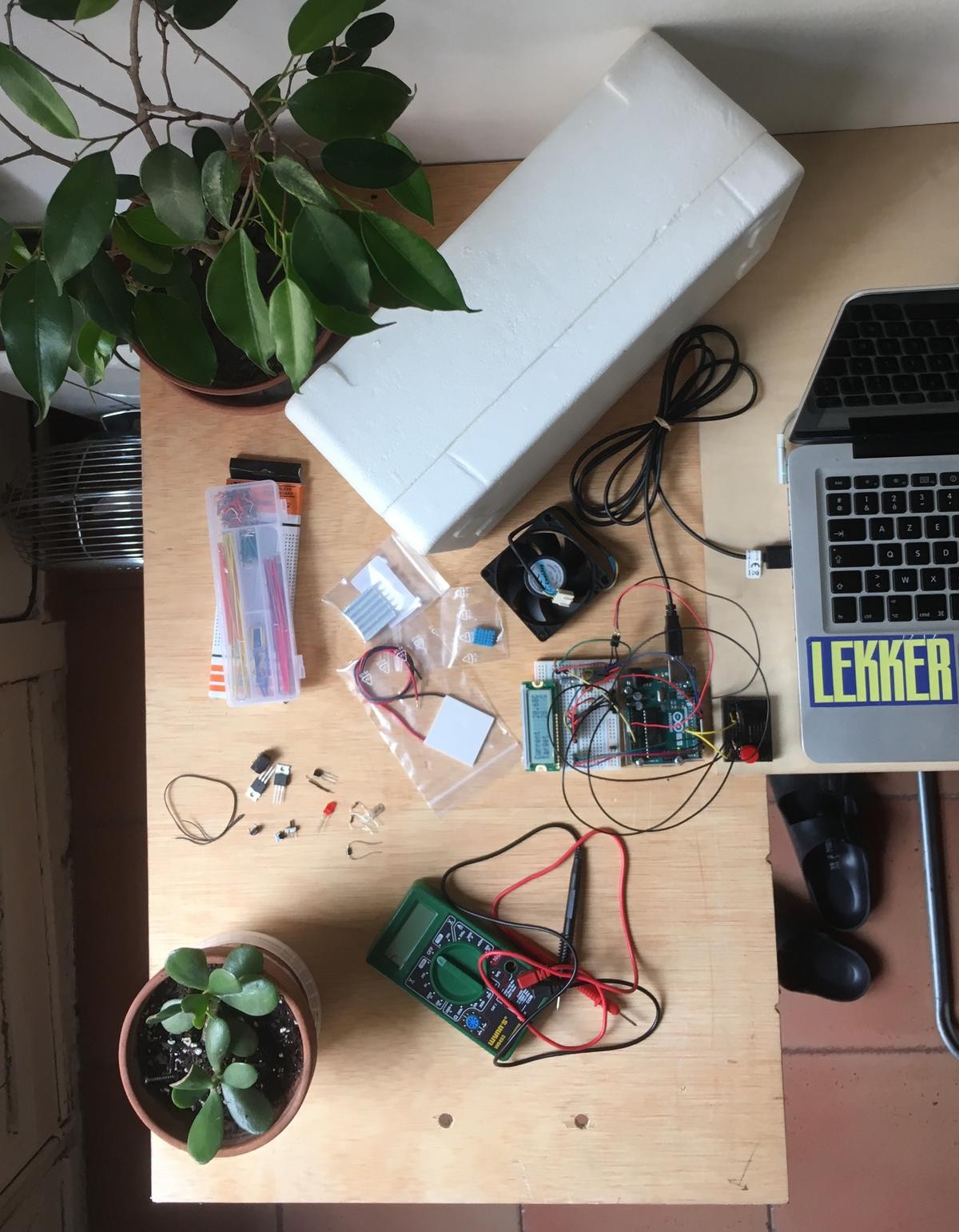

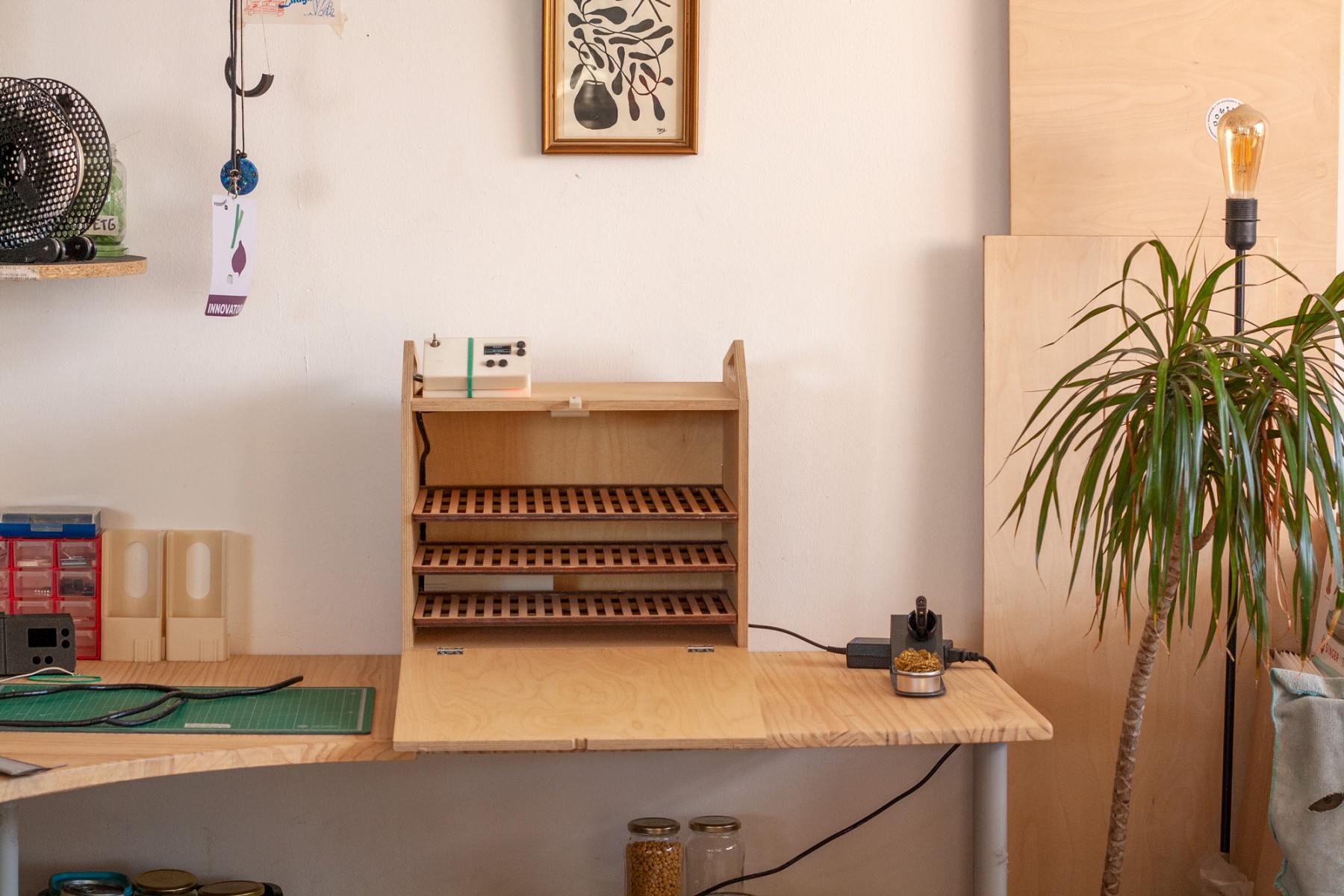
FoodShift 2030
Few months later we got selected to the Food Tech 3.0 Accelerator Lab powered by Fab Lab Barcelona and the European program FoodShift 2030 with this idea that what we can do for us, we can do for others. That’s when Domingo Club was born. We decided to join the programme creating a home device that allows you to ferment your own plant-based protein. This is where the Domingo Fermenter took its first shape, prototyping everything using digital fabrication techniques and distributed design mindset.
We went from defining our mission to building our community and create our open-source technology. We optimised our electronics, gave a shape to our box and started to do the promotion of tempeh as the food of the future.
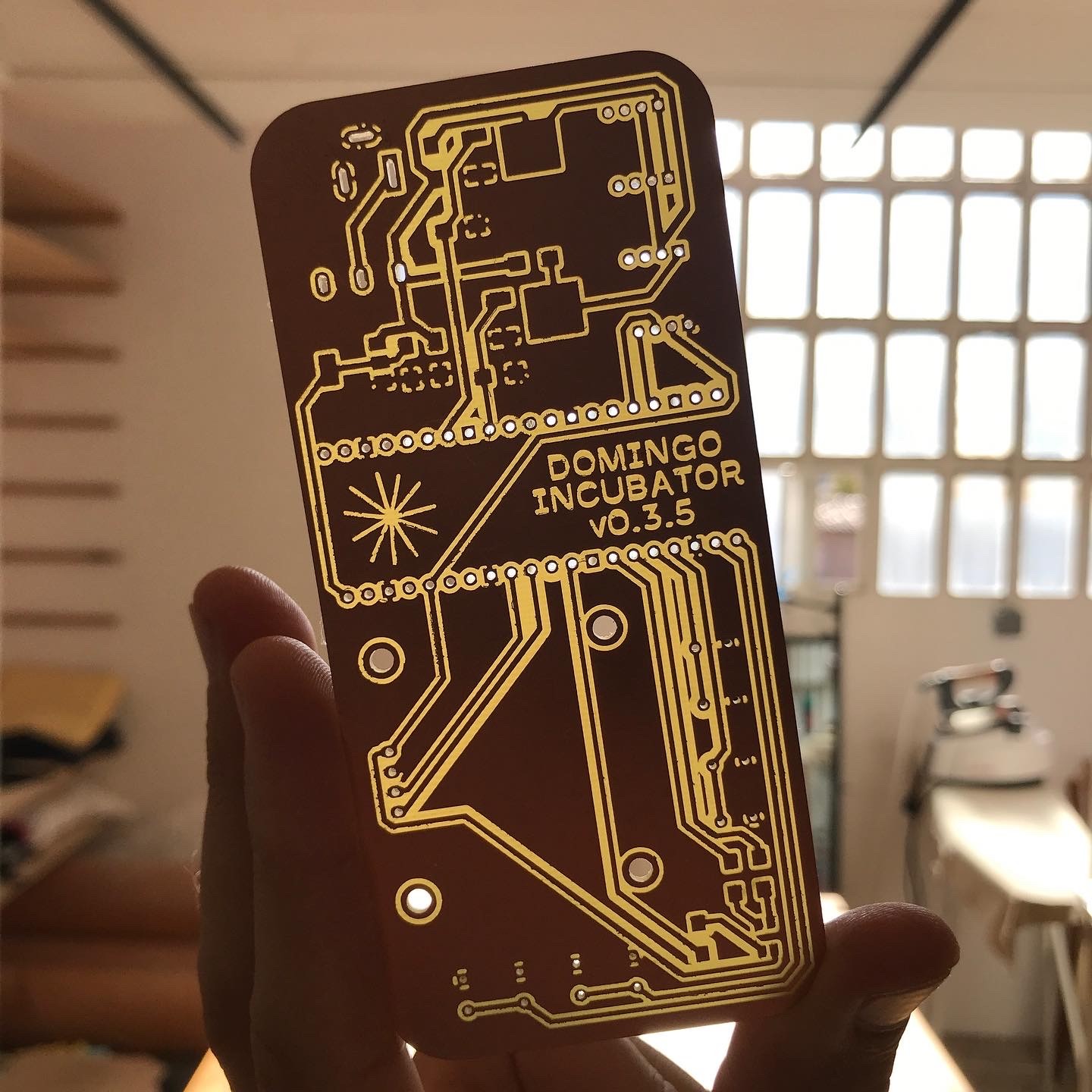
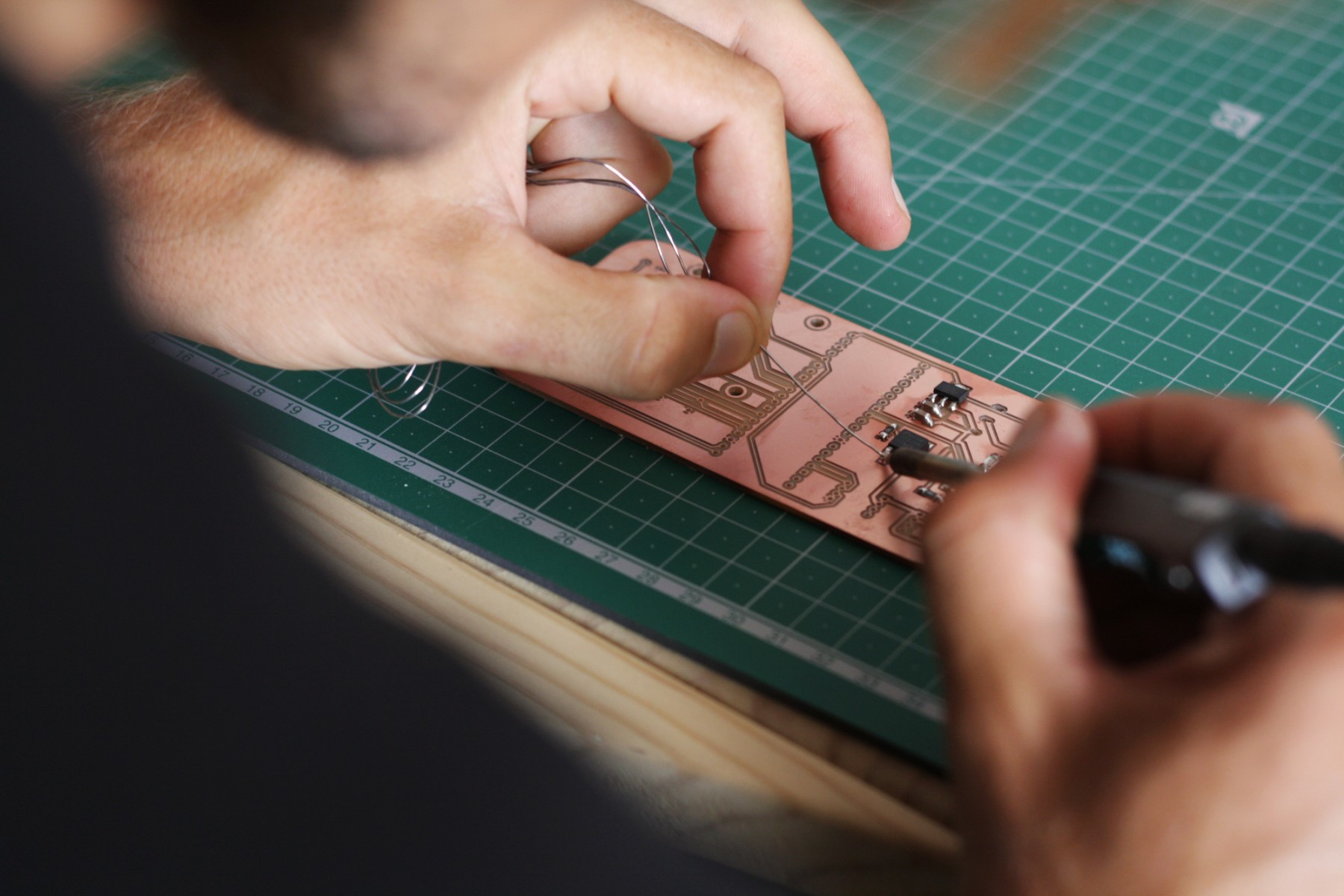
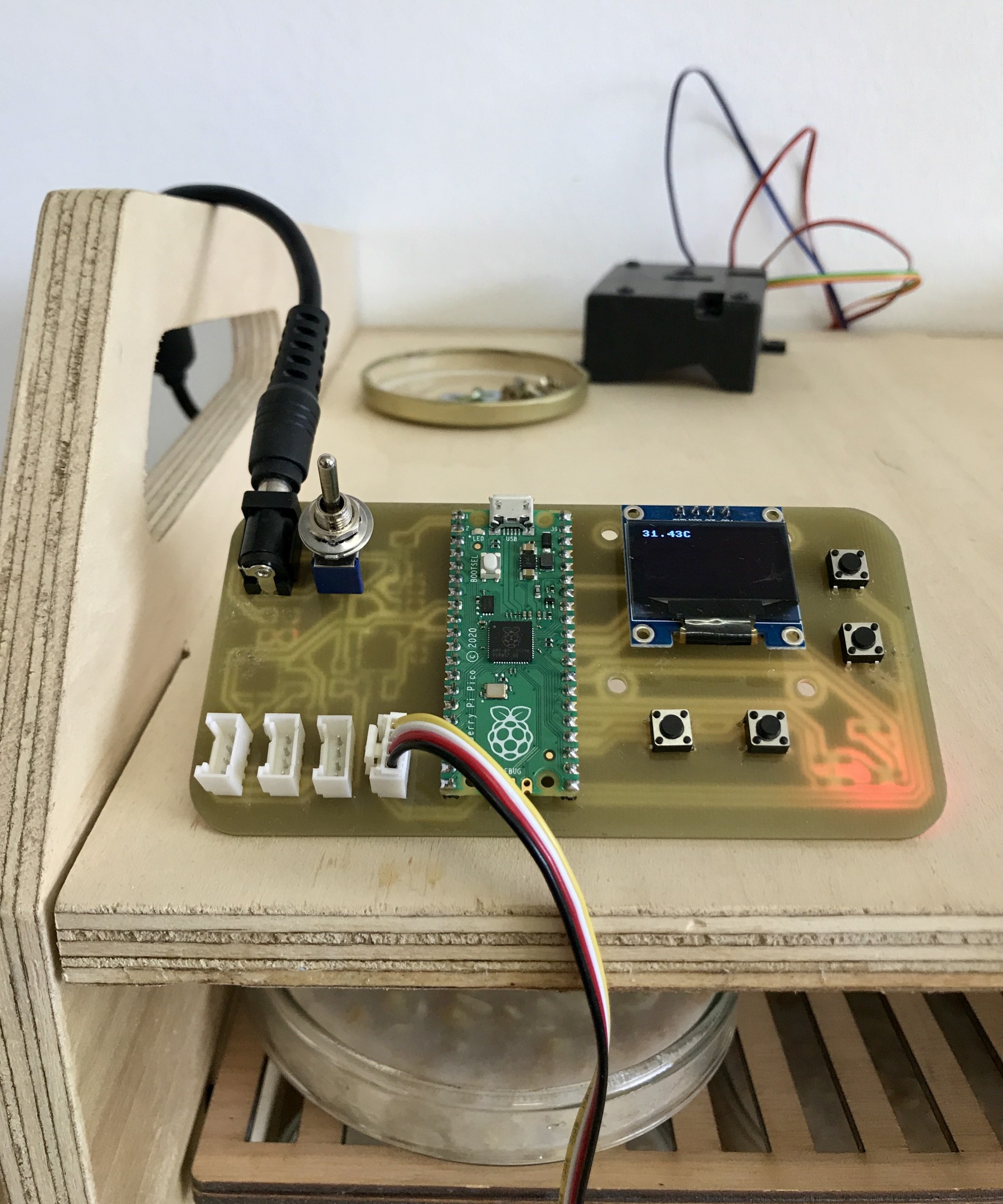
Distributed Design Award
In 2021, our fermenter won the Distributed Design Excellence Award 2021, tackling all four core principles of the distributed design model: Open, Ecosystemic, Sustainable and Supportive.
We then got featured in the This is Distributed Design book and documentary.
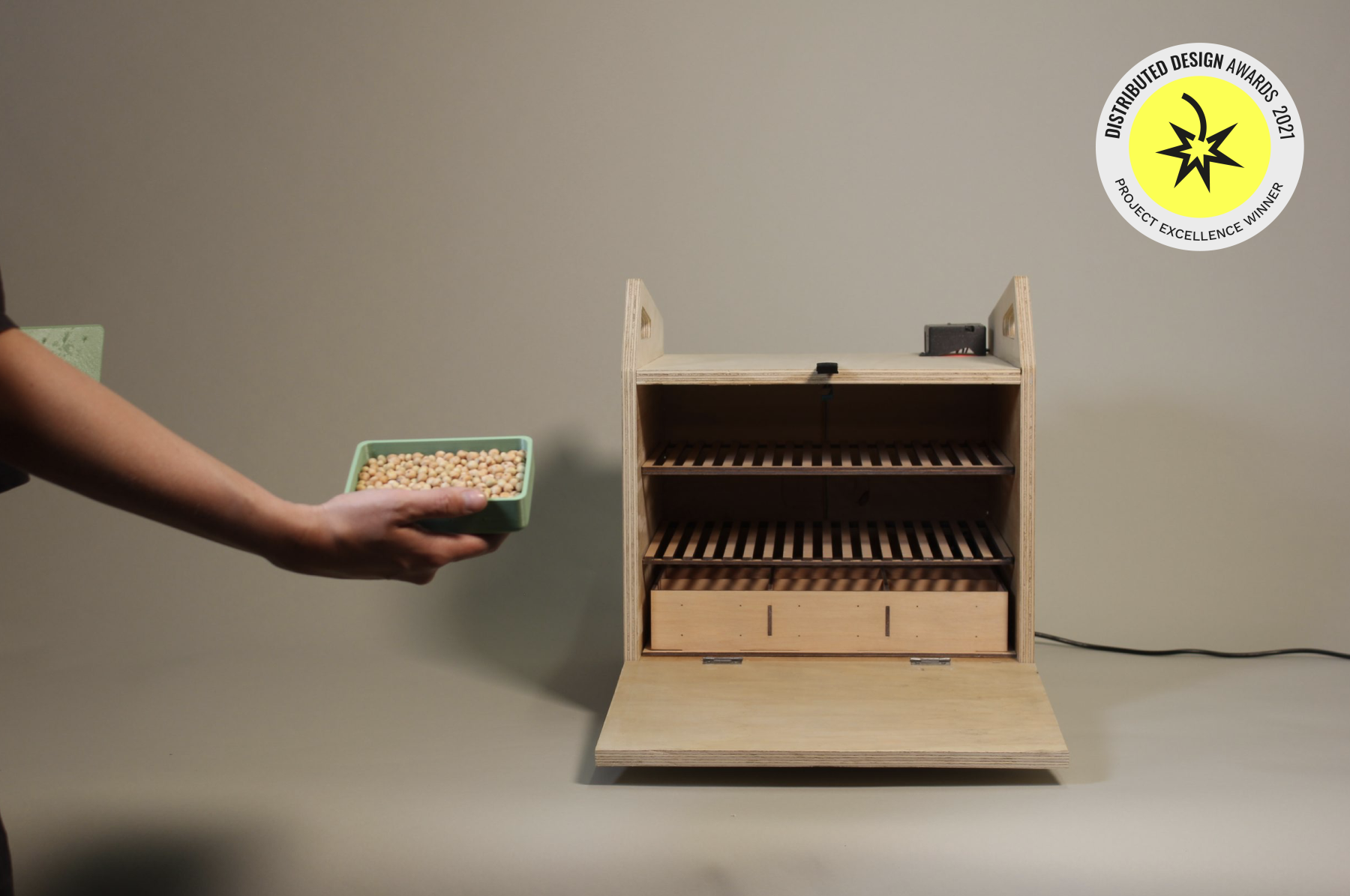
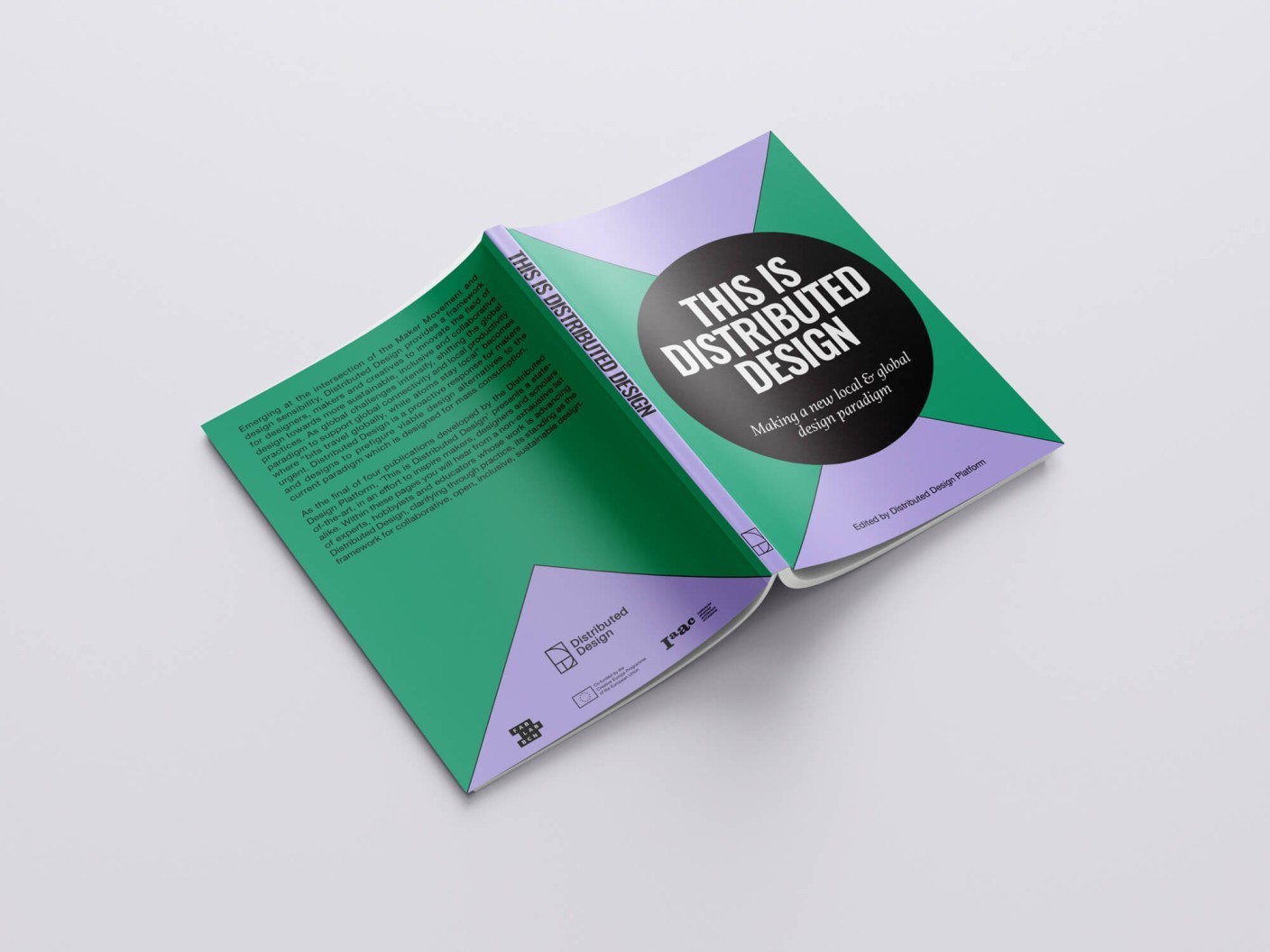
Fermenter Mini & Lab
In 2022, we went further in developing the product and started to design a compact version of our fermenter, the fermenter mini, to fit any kitchen’s countertop and open the field of possibilities in terms of household appliances. Our goal was to end up with a good-looking and easy to use object that doesn’t look like a standart kitchen appliance but more as a piece of furniture that you want to integrate proudly in your home environement. The whole message is to reconnect our ways of living with natural processes such as fermentation and proudly own a magic transformation box. We then reviewed the whole system: the design, the interface, the materiality, the electronics in order to achieve better functionalities. We used the same logic and components in both fermenters.

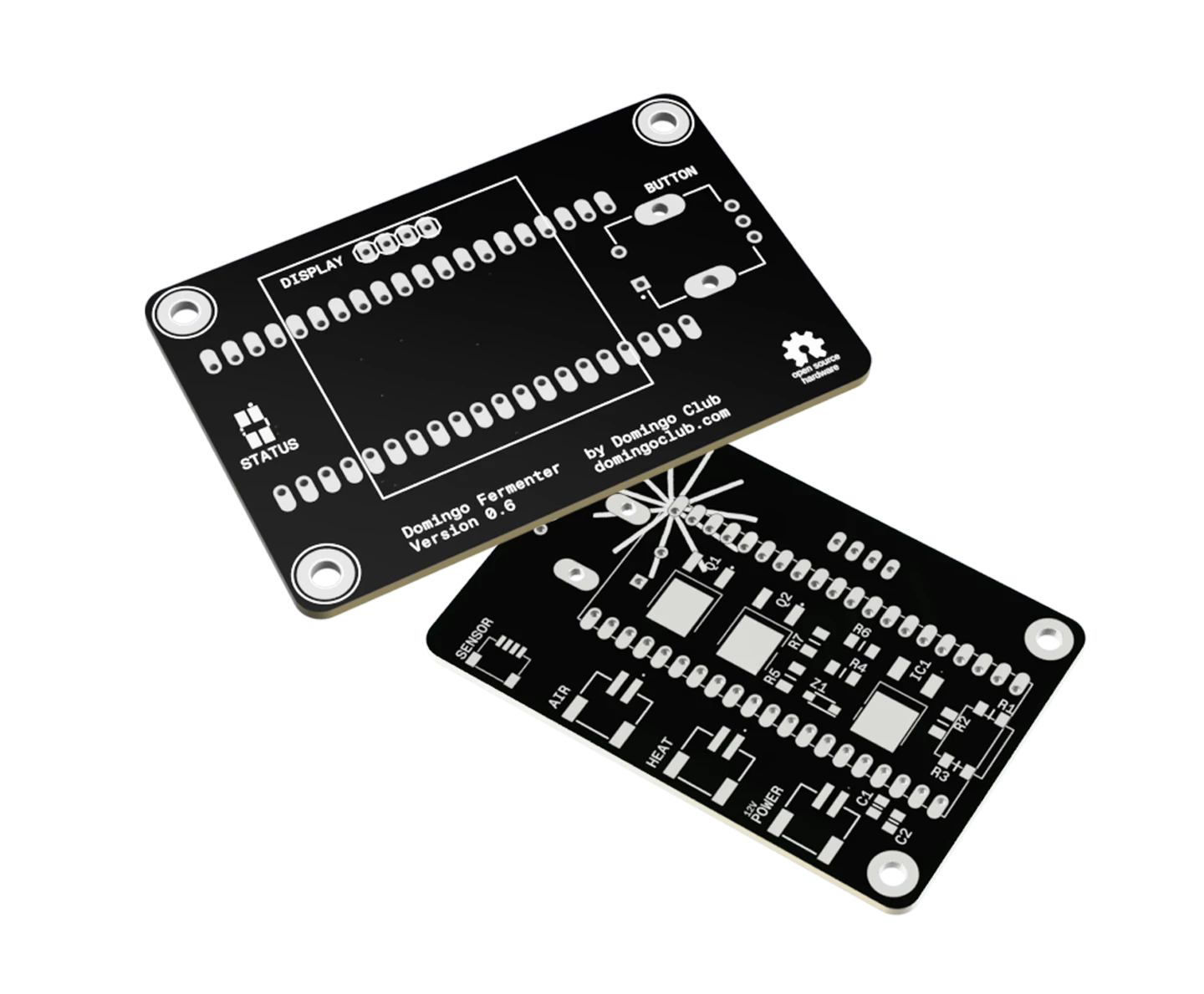

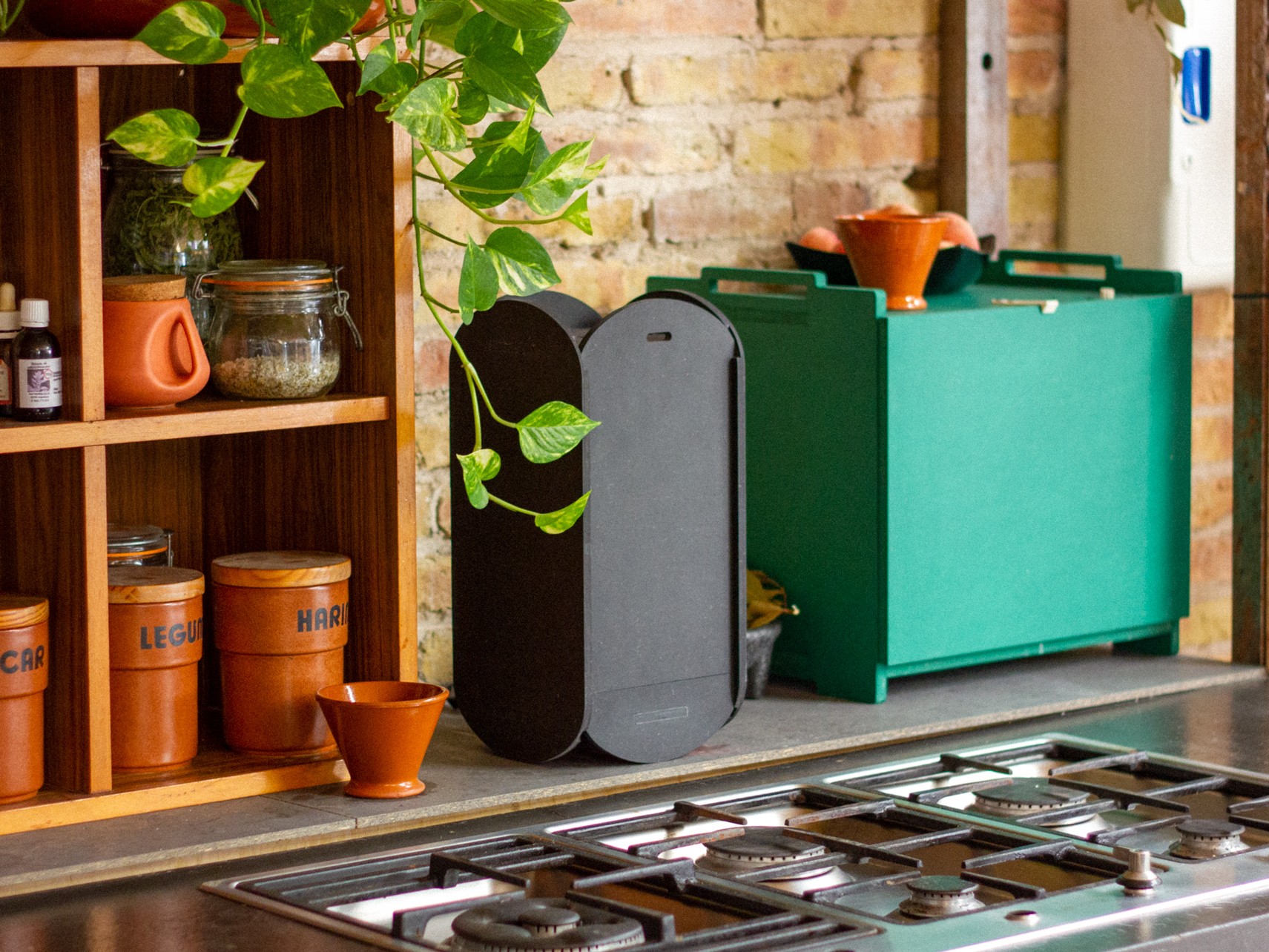
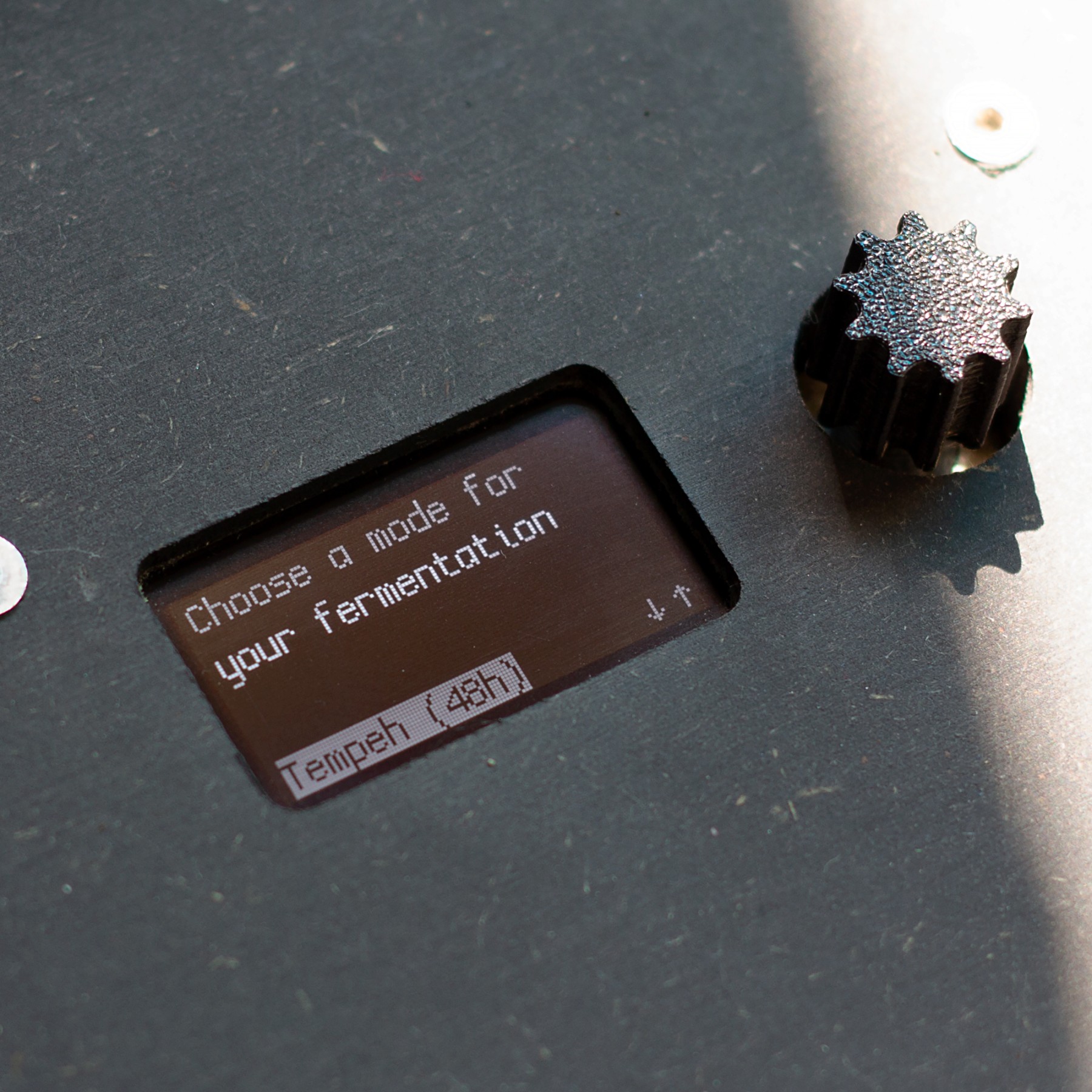
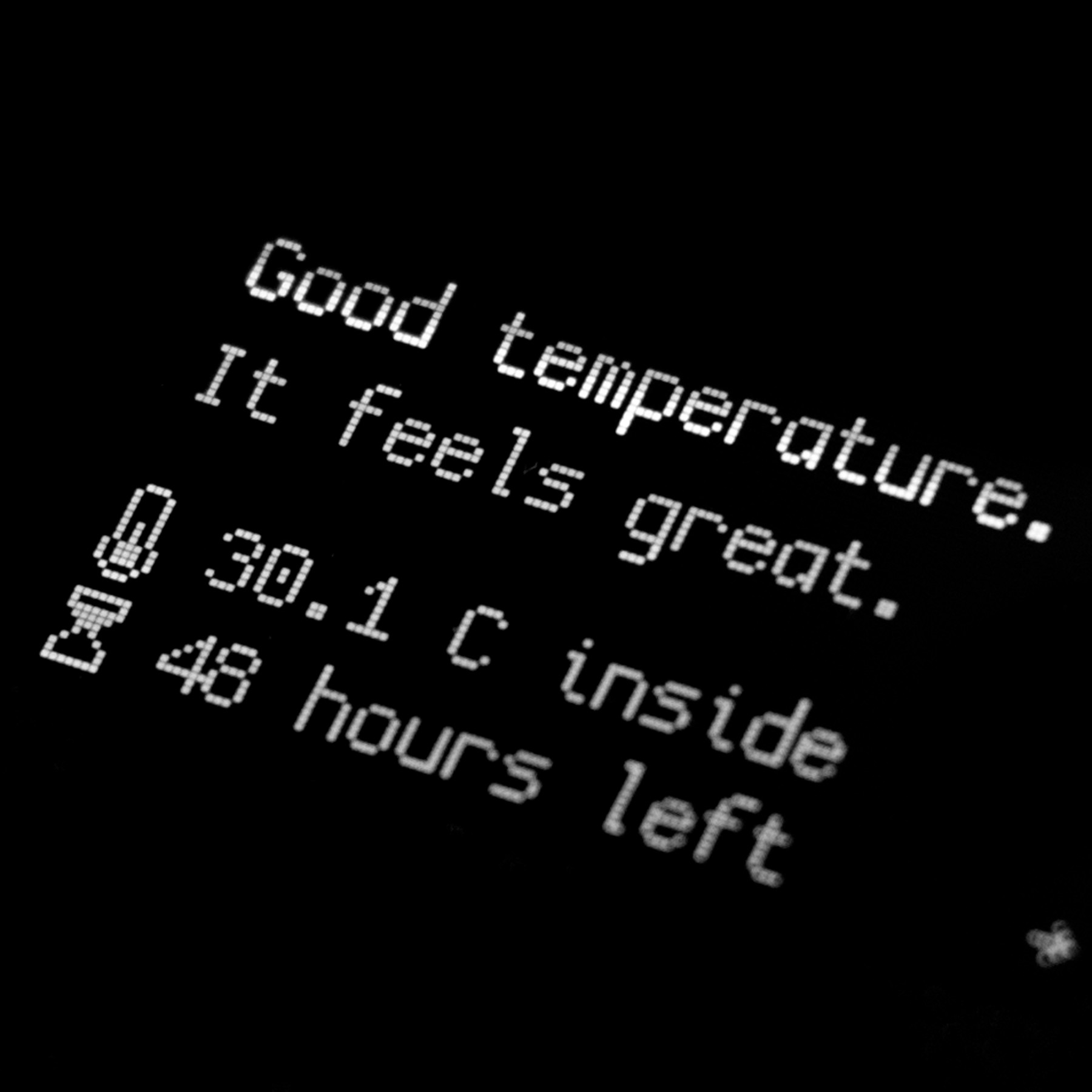
Open-source and community based
We designed the entire fermenter and manufacture it locally on request using digital fabrication techniques. We have reduced the electronic components to a minimum and chosen low-consumption modules. In this way, it can be reproduced locally anywhere in the world, but it can also be understood, repaired or upgraded for greater impact, with a concern for longevity and circularity.
To test our model, we ran a pilot workshop in partnership with La Cuina del Museu d’Art Contemporani de Barcelona (MACBA) and the Ateneu de Fabricació de Grácia (AFABG). La Cuina is a meeting place open to the participation of all to explore sustainable cooking and culinary creativity. We brought the residents of this space to AFABG, which is a public space for training and creation of digital fabrication projects, in order to guide them how to fabricate themselves their own fermenter.
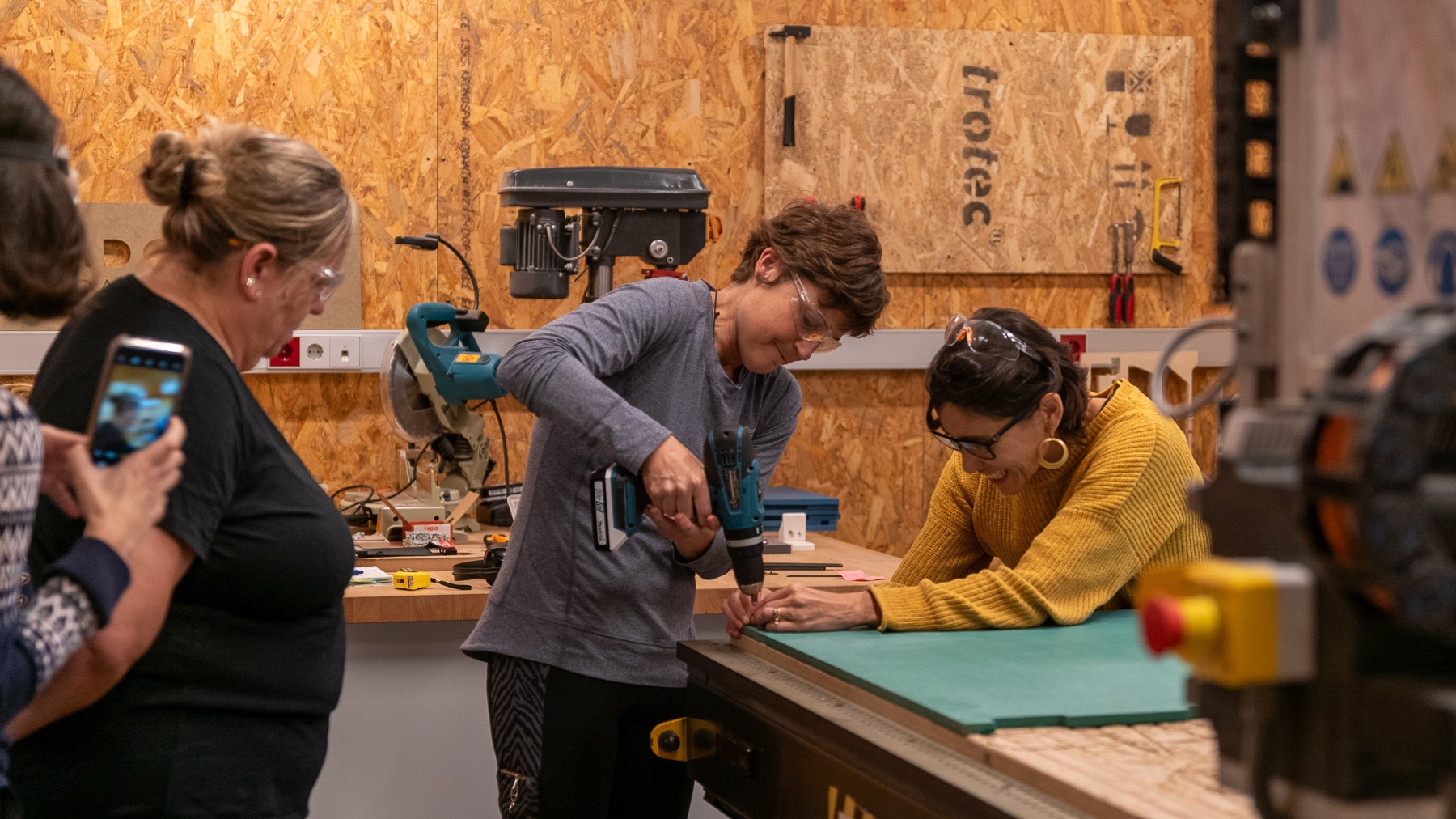
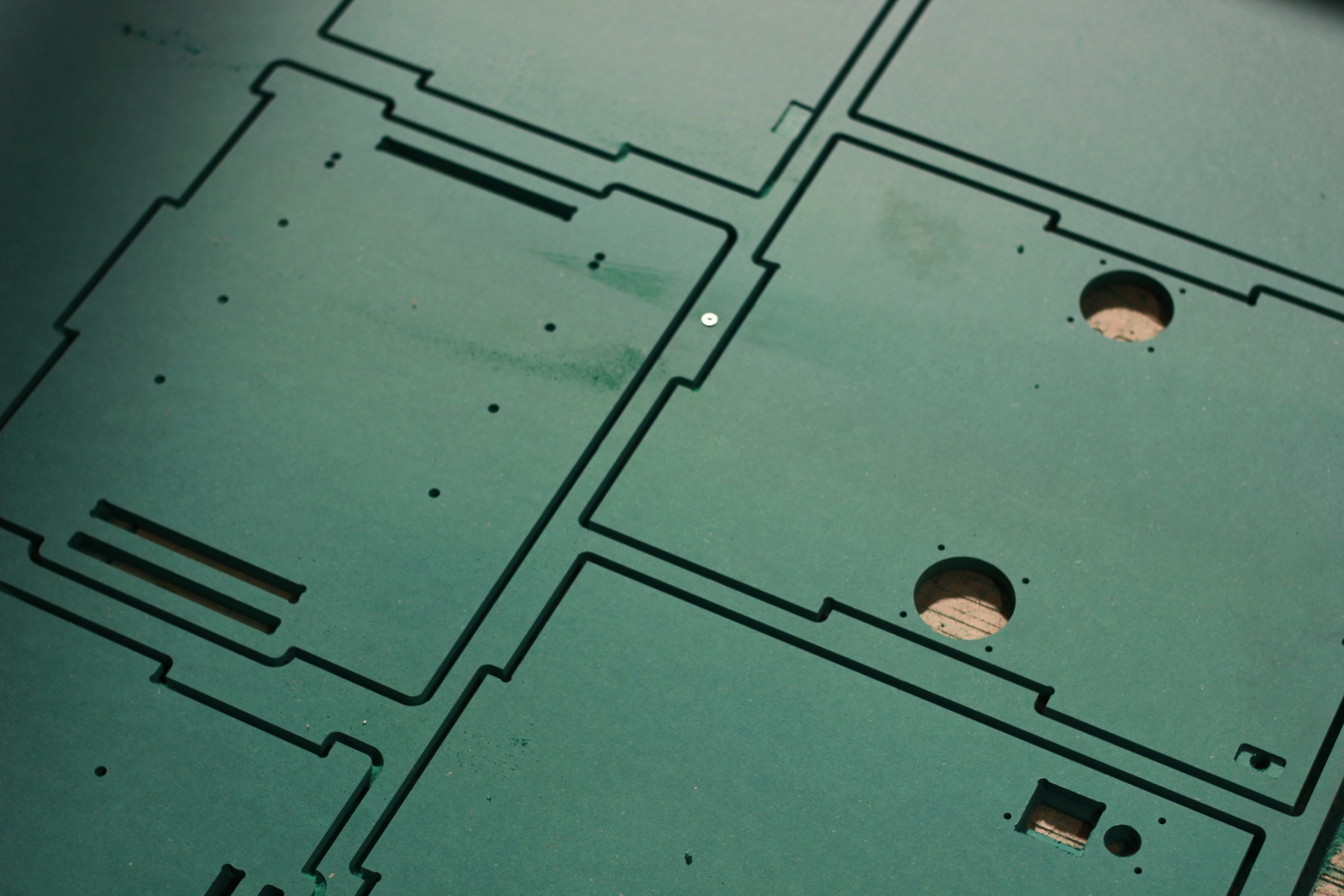
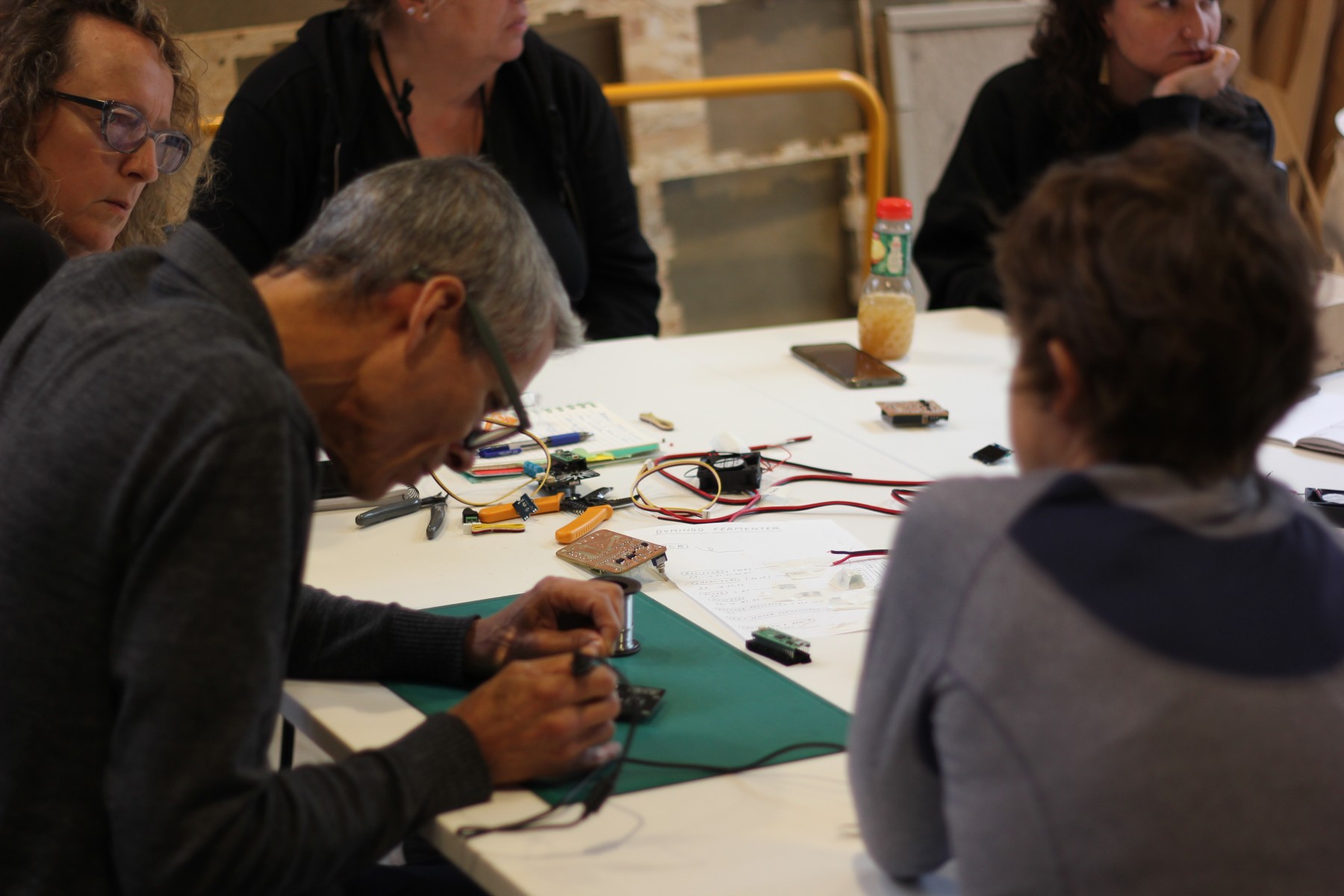
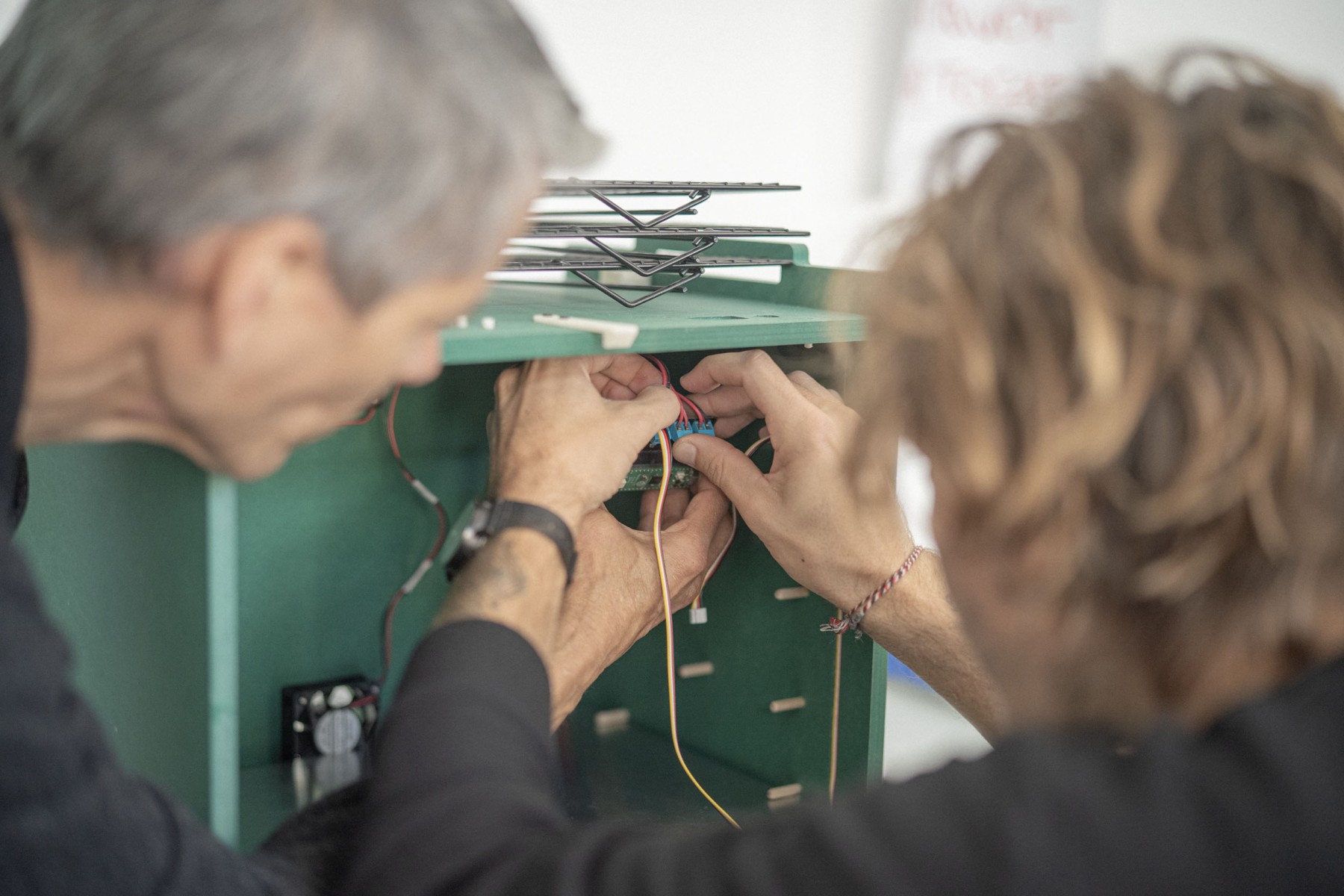
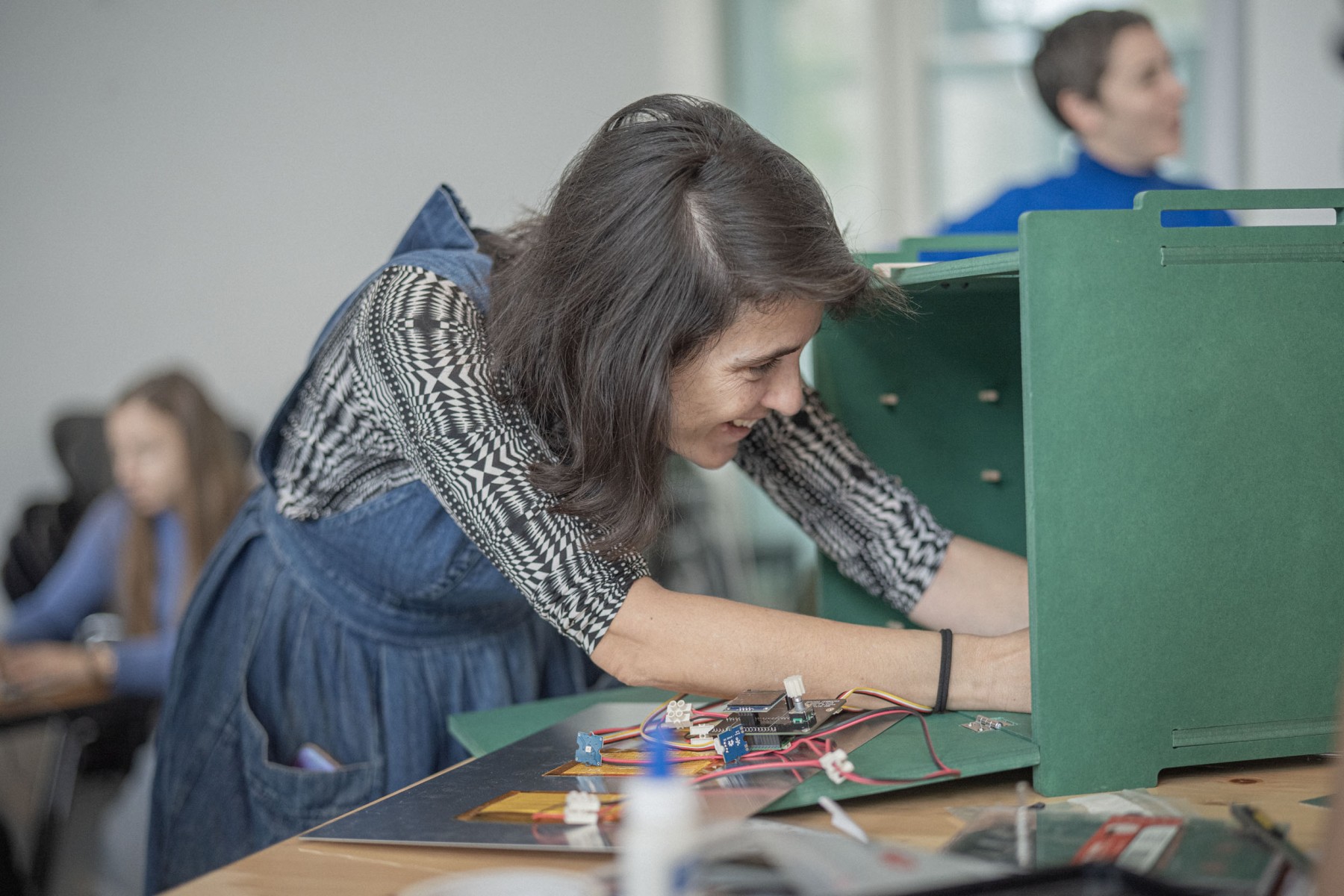
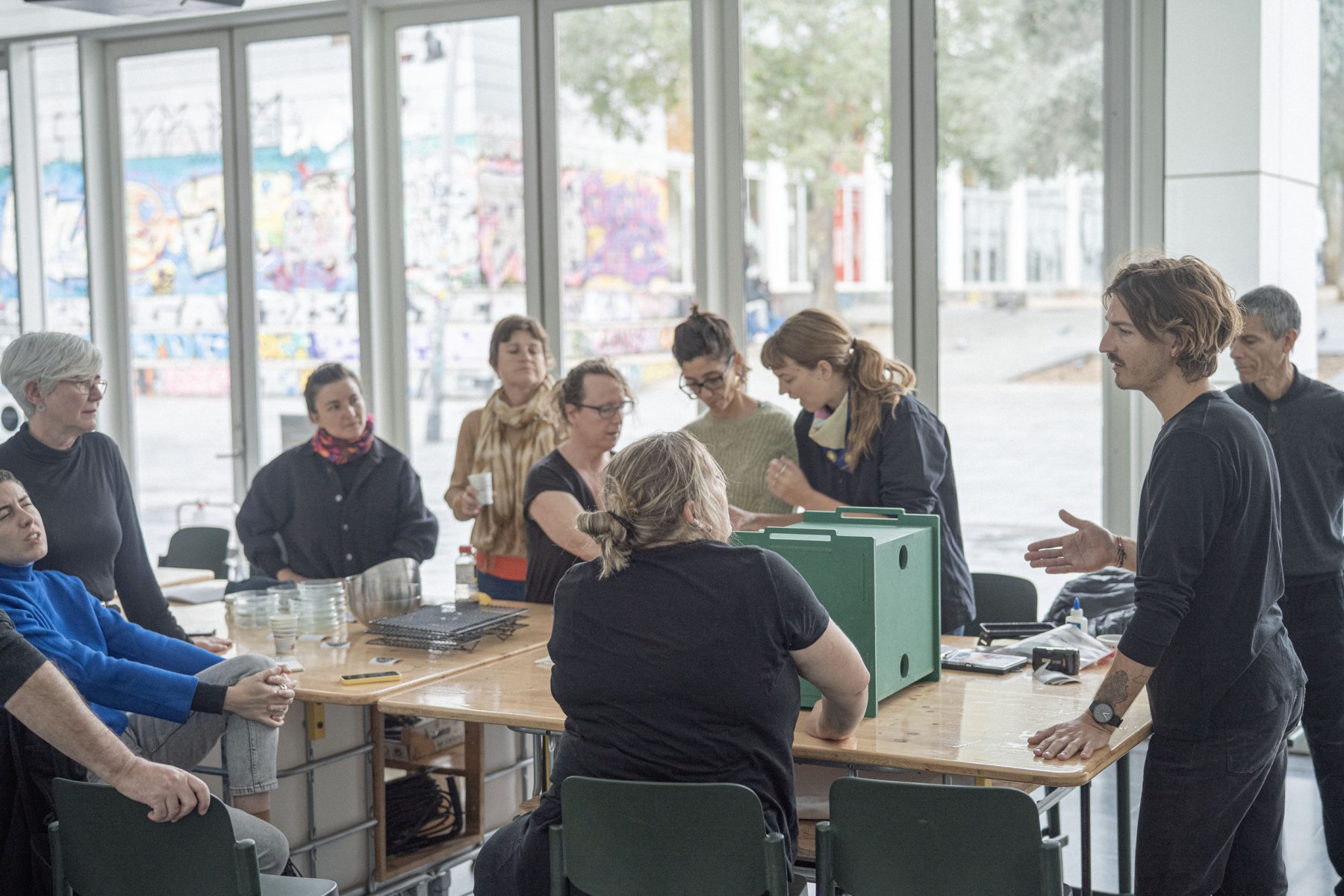

Our vision with Fermenter Lab is holistic. On the one hand, we have created an open-source product that is understandable and educational, that consumes little energy and where every material and component has been consciously chosen to be sustainable, reproducible, repairable and therefore circular. And on the other hand, we have created a community of users around this product, inspired by the hacking community and then the bio-hacking community, so that each user can adapt their tools to suit their practice and and develop their practice using their tools. Indeed, with Le fermenteur Lab, we’re promoting collaboration with natural processes through the fermentation of food and materials in order to bring reflection and resilience to current consumption patterns. We’ve created a telegram channel around the project so that everyone can comment on and share their experiments, getting advice from their peers.
Kitchen Lab
We love contributing to a community of inventors and experimenters by bringing scientific processes into our homes and studios. We love the idea of mixing scientific and kitchen equipment. The proof is in the petri dishes that we use as tempeh moulds. This allows us to observe the growth of the mycelium while creating lovely tempeh burgers. And we definitely love the fact that we can constantly improve our experimental environment, as demonstrated by our stackable fermenters, for even more fermentation and experimentation!
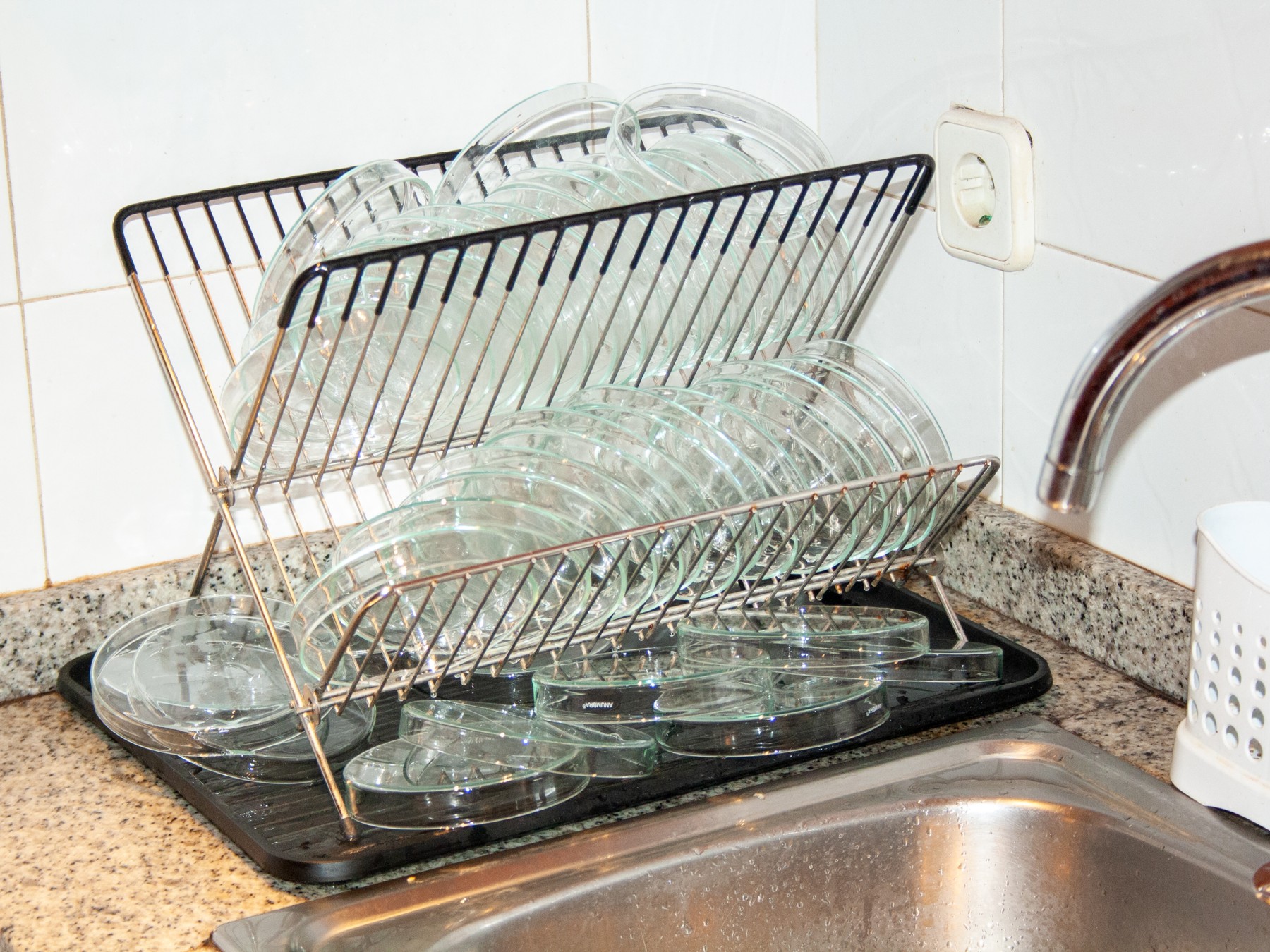
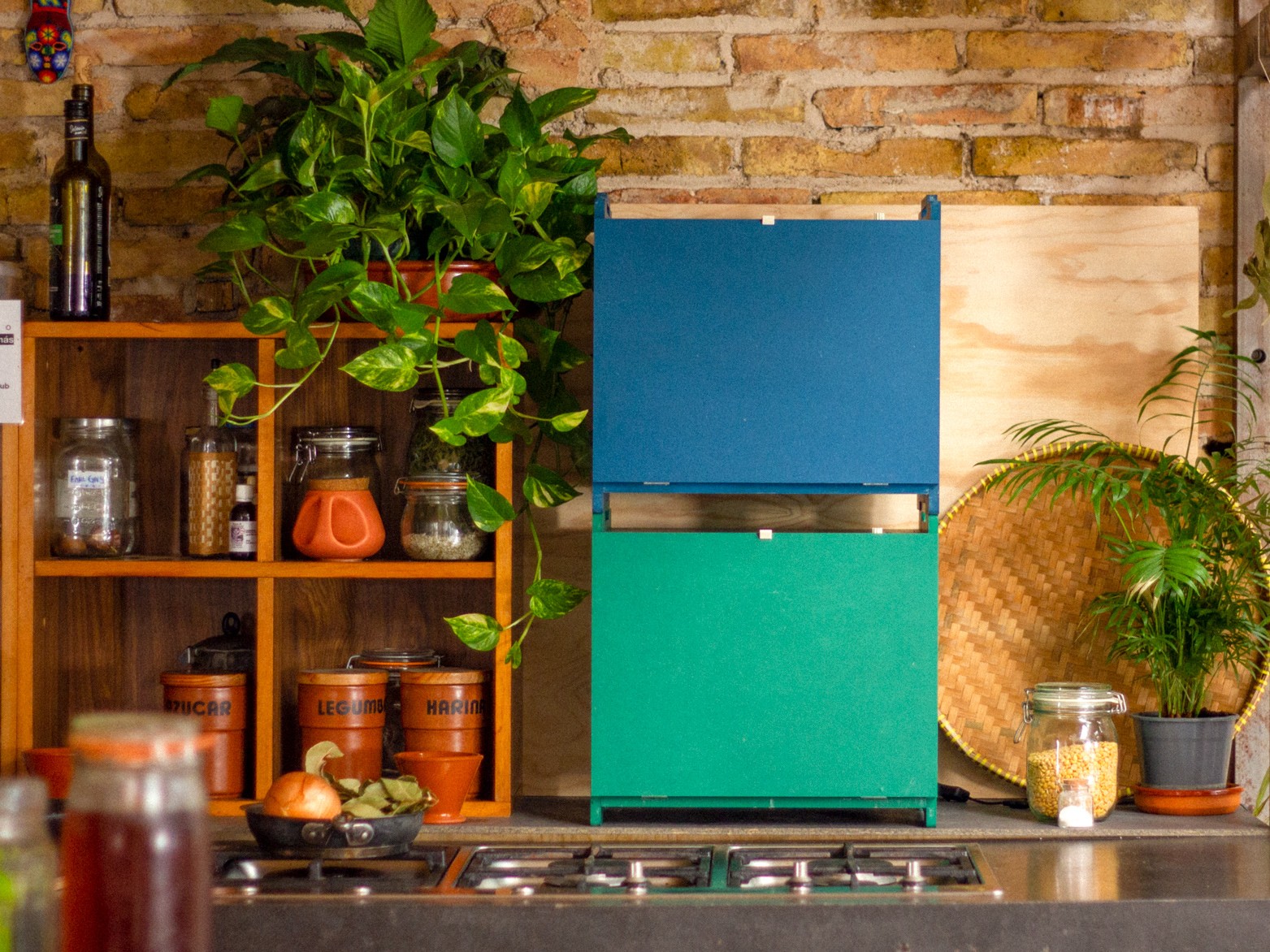
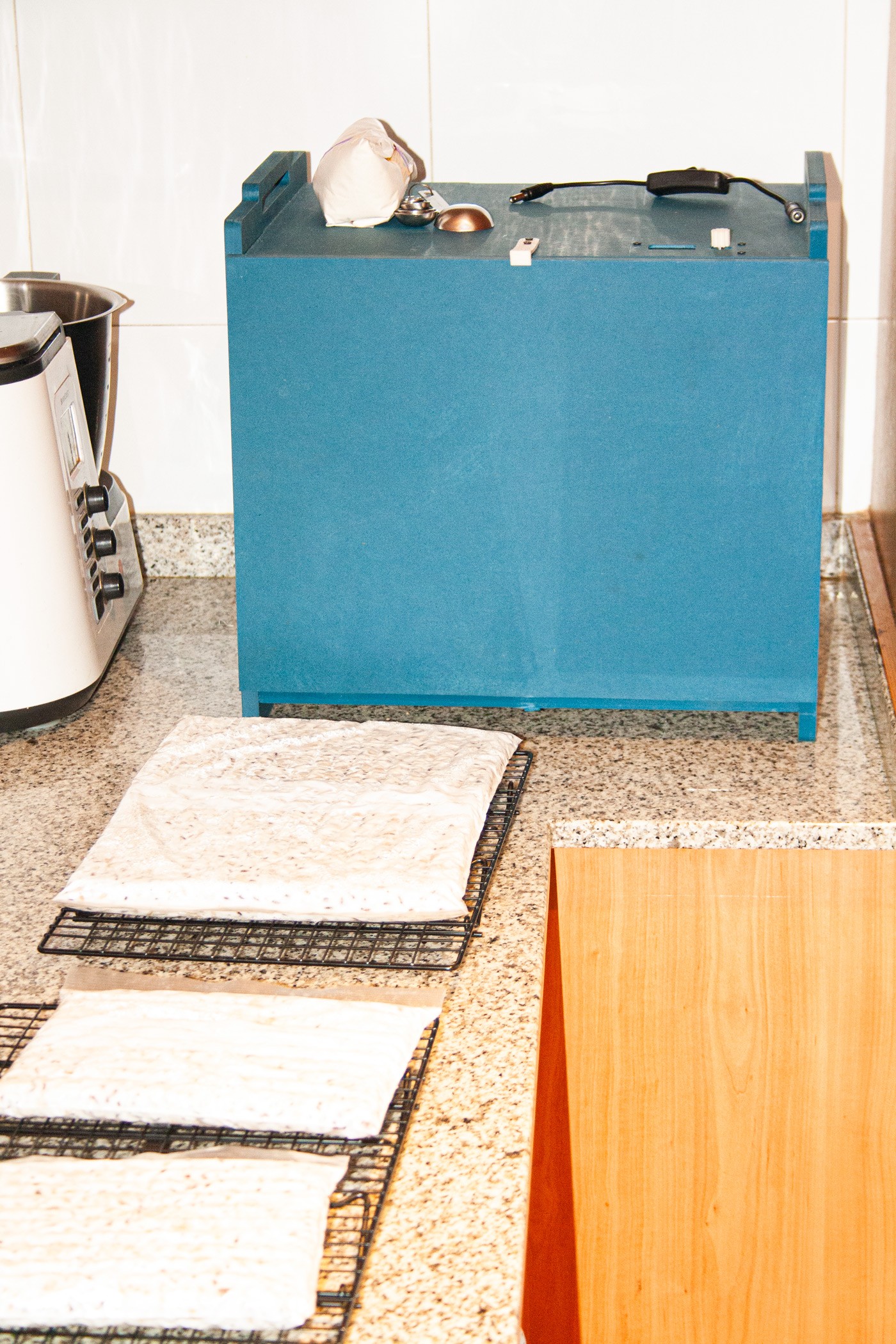
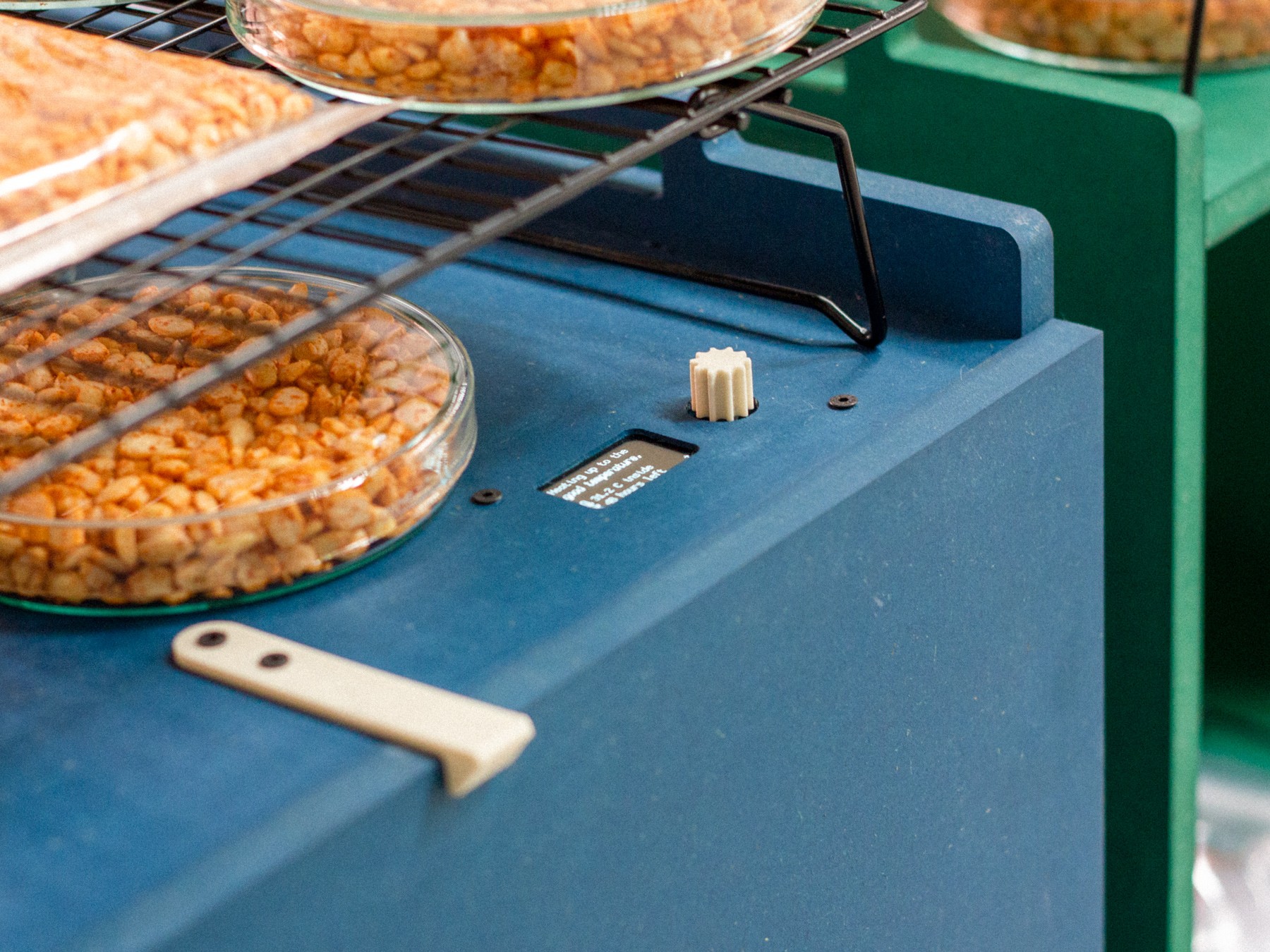
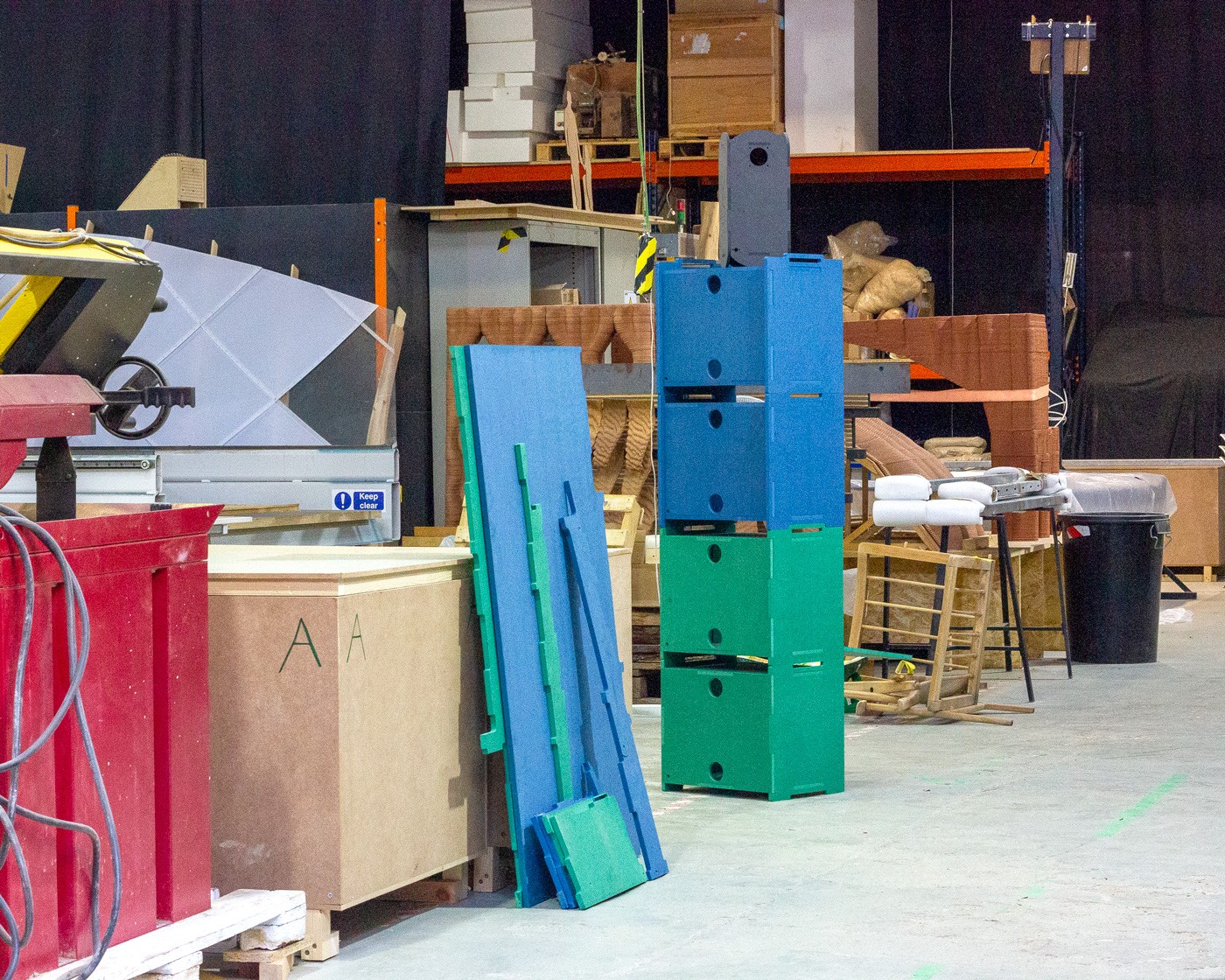
Endless possibilities
It’s fantastic to see the movement we’re part of continuing to evolve thanks to our contribution. Various users are taking over the project and creating their own versions using other technologies. We’re learning, we’re sharing, and we’re evolving together towards a movement of empowerment and resilience.

